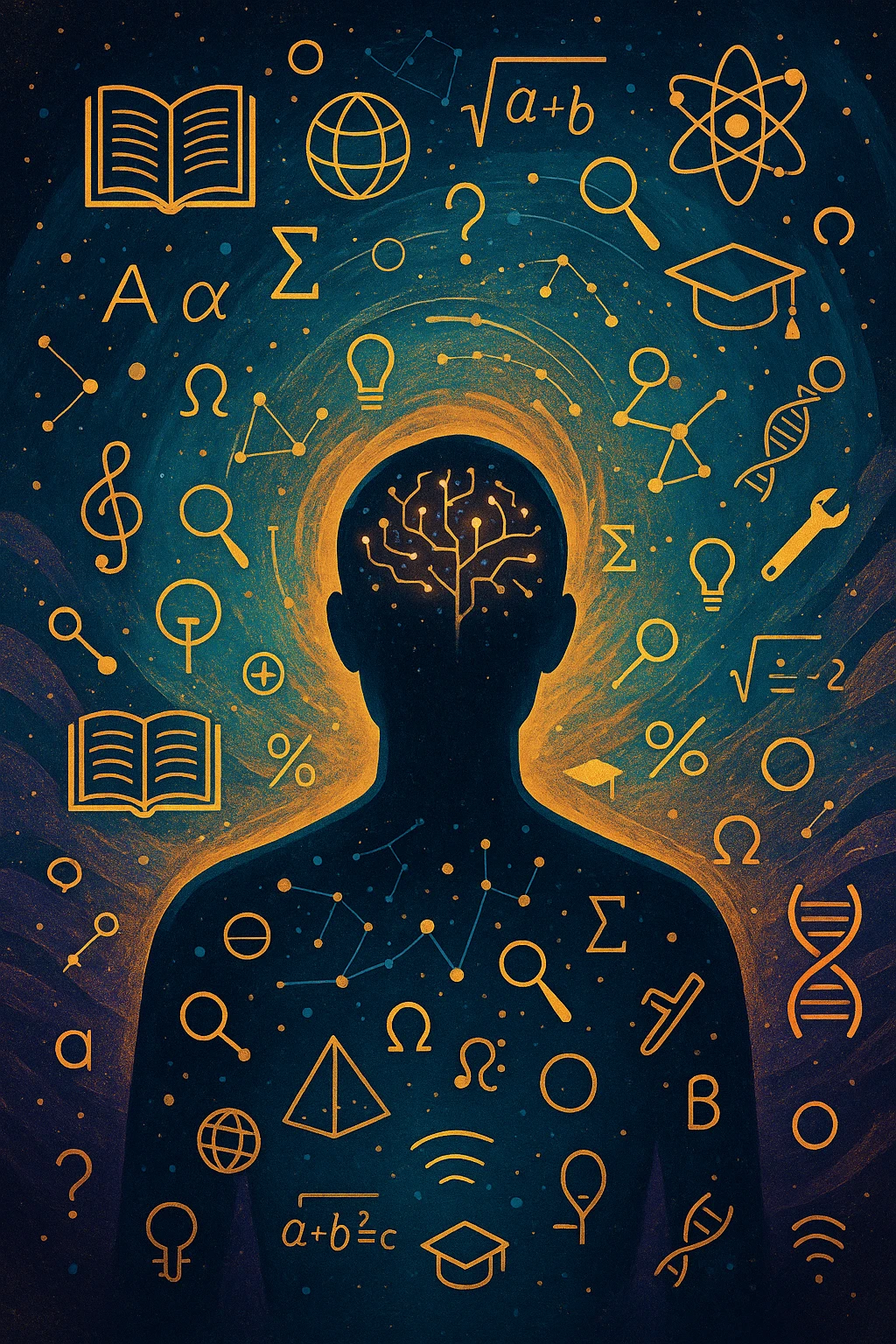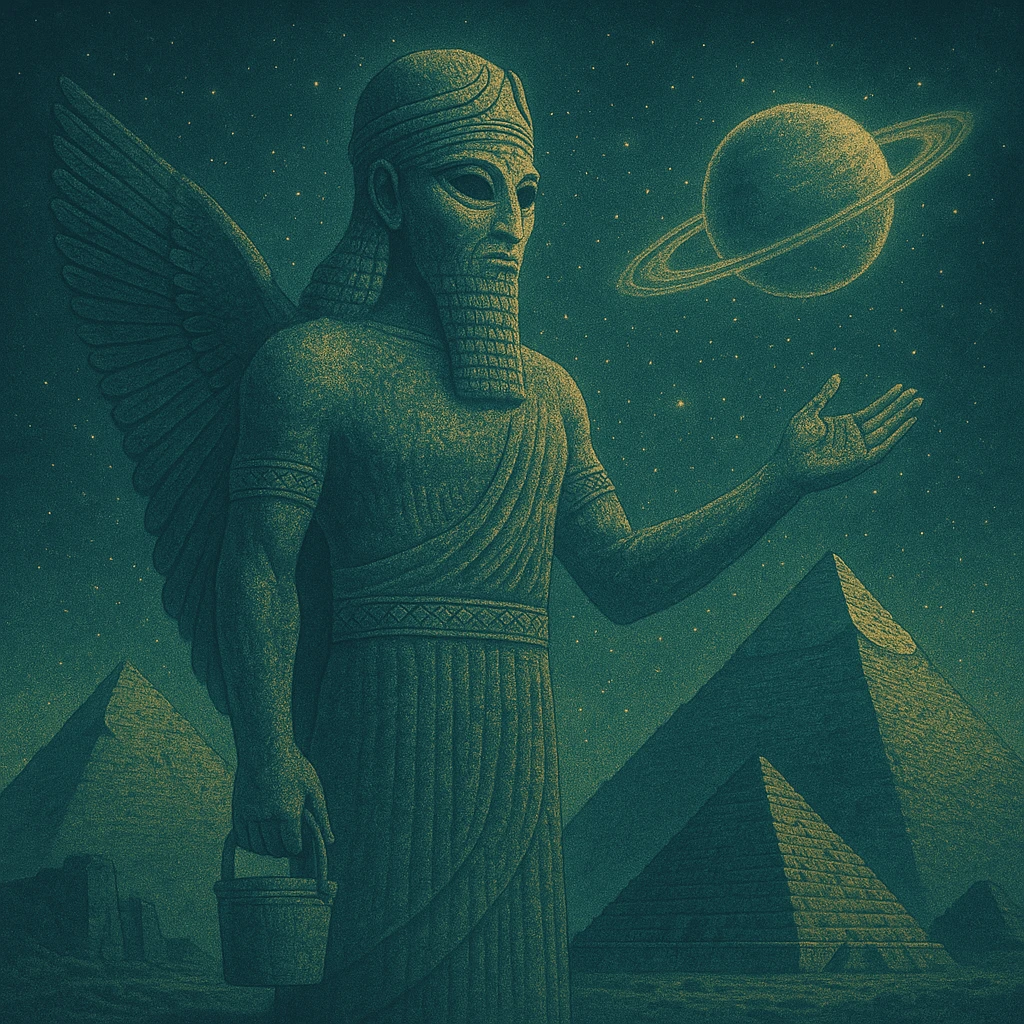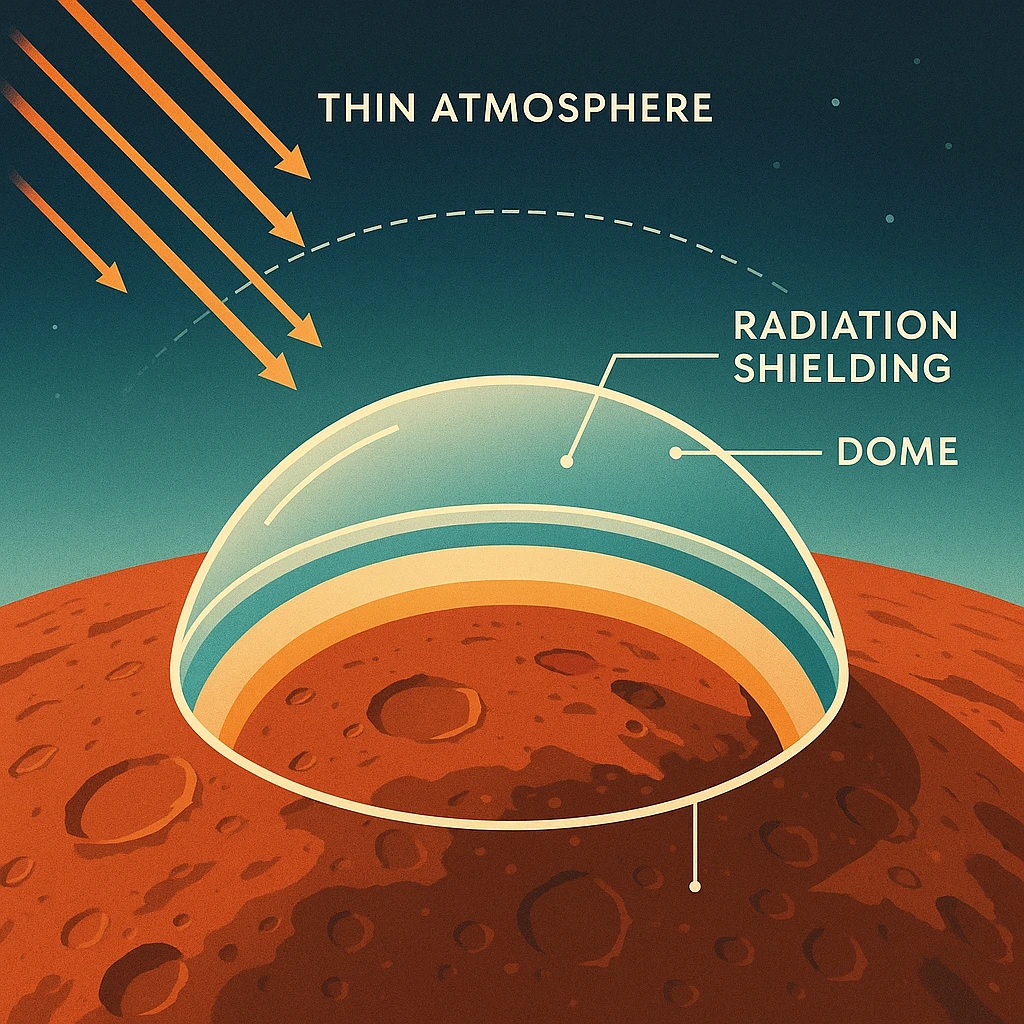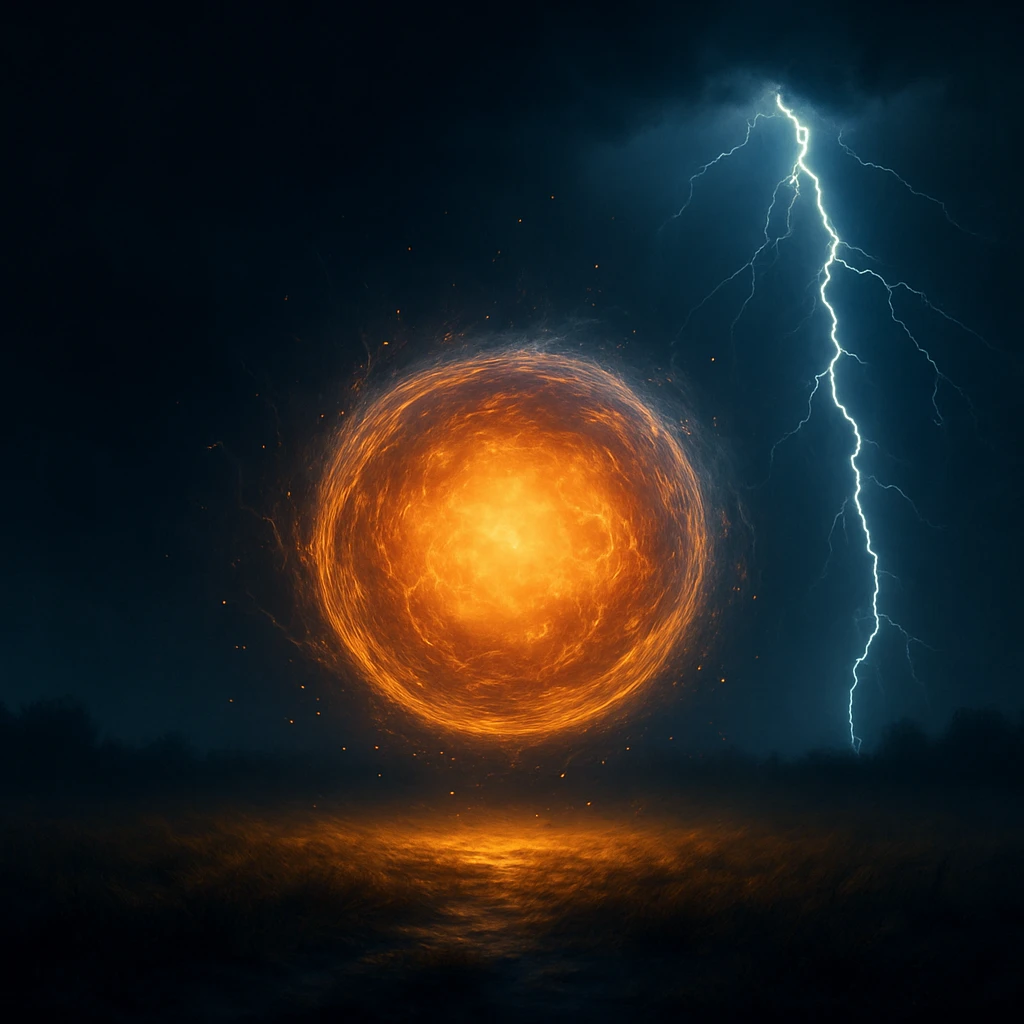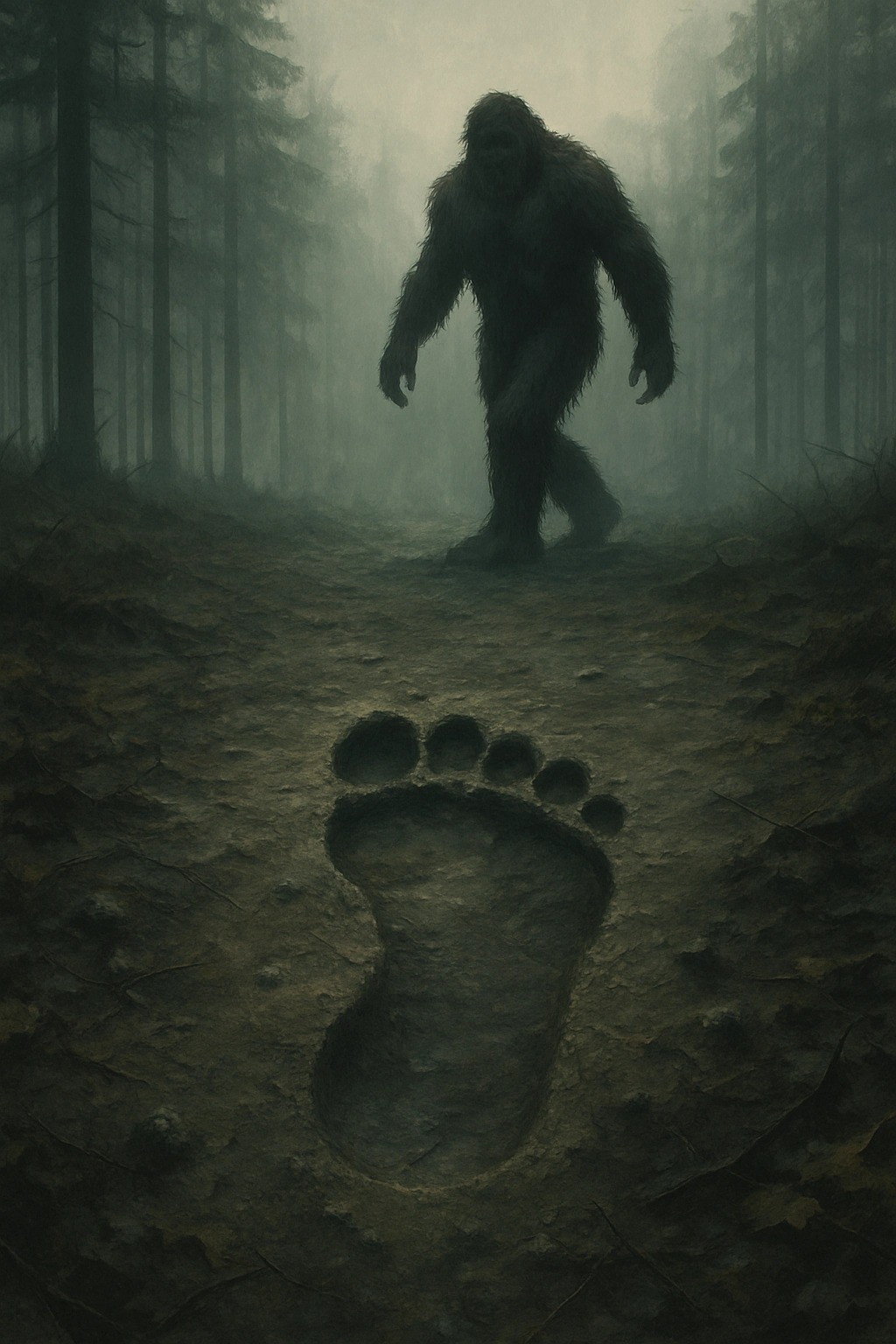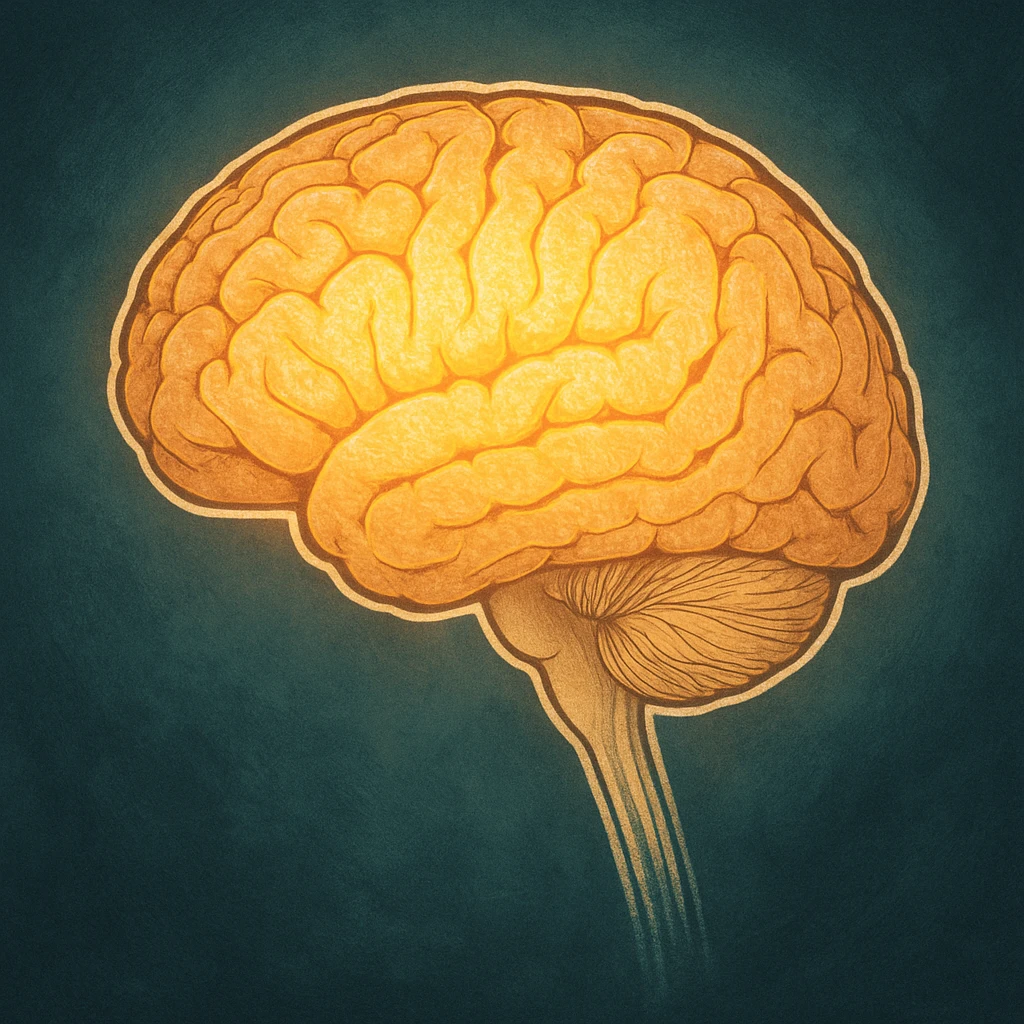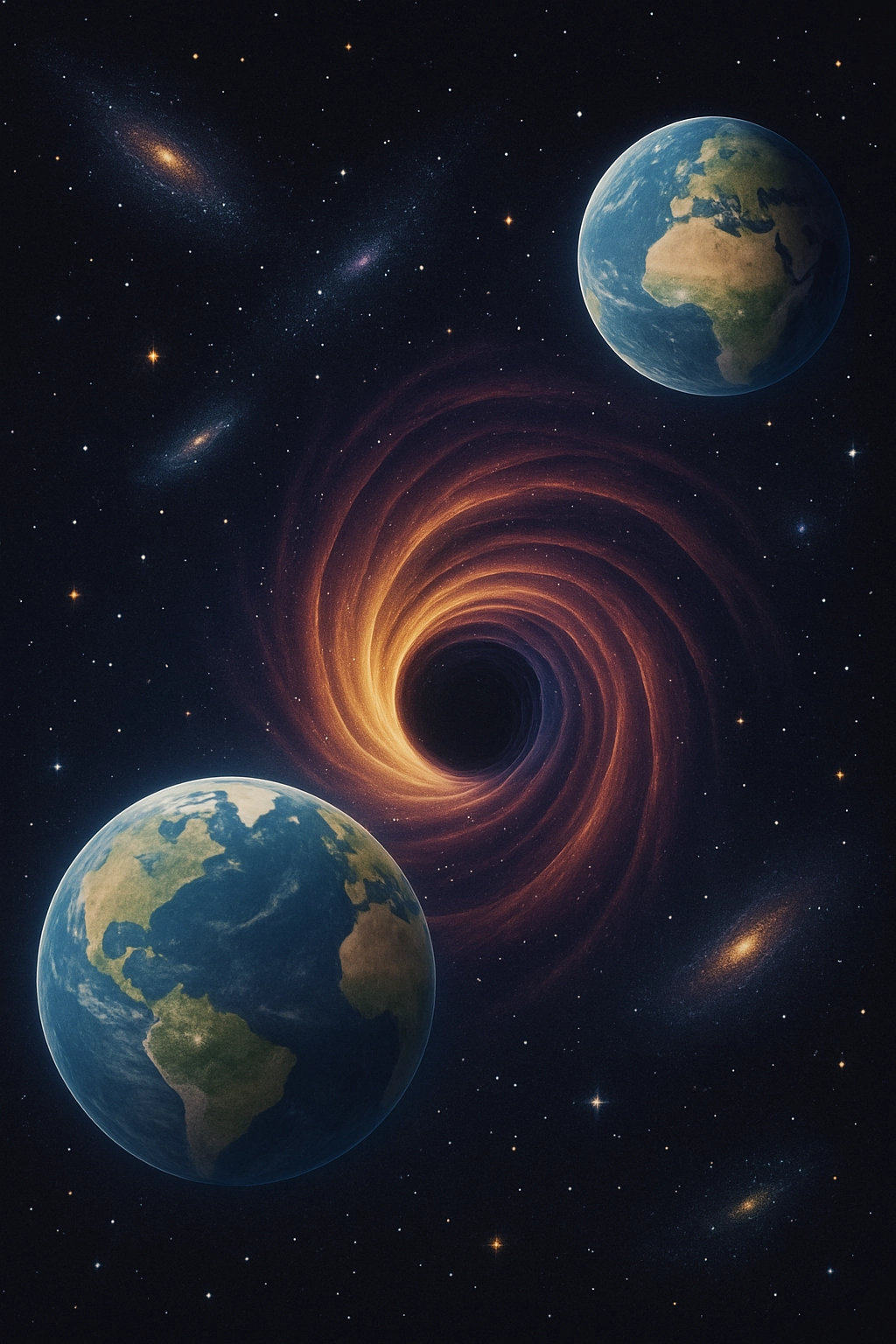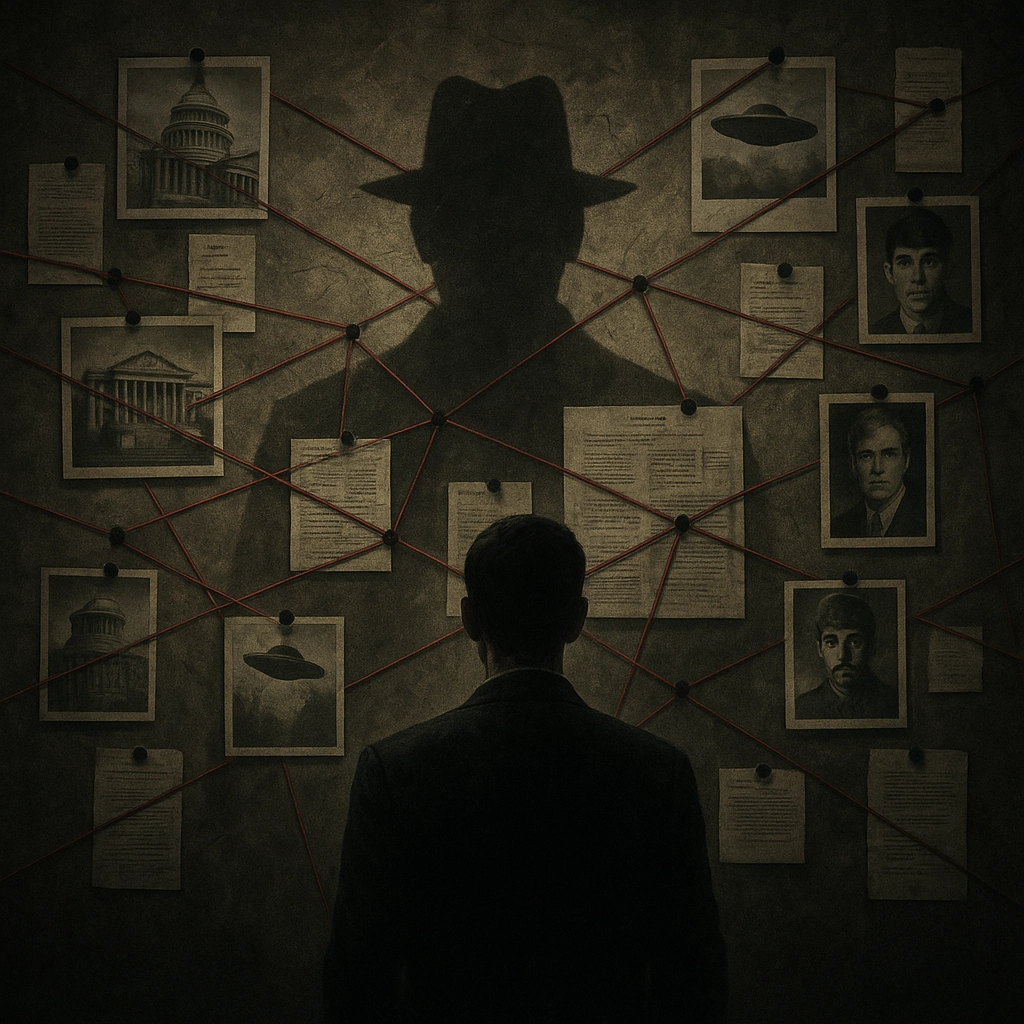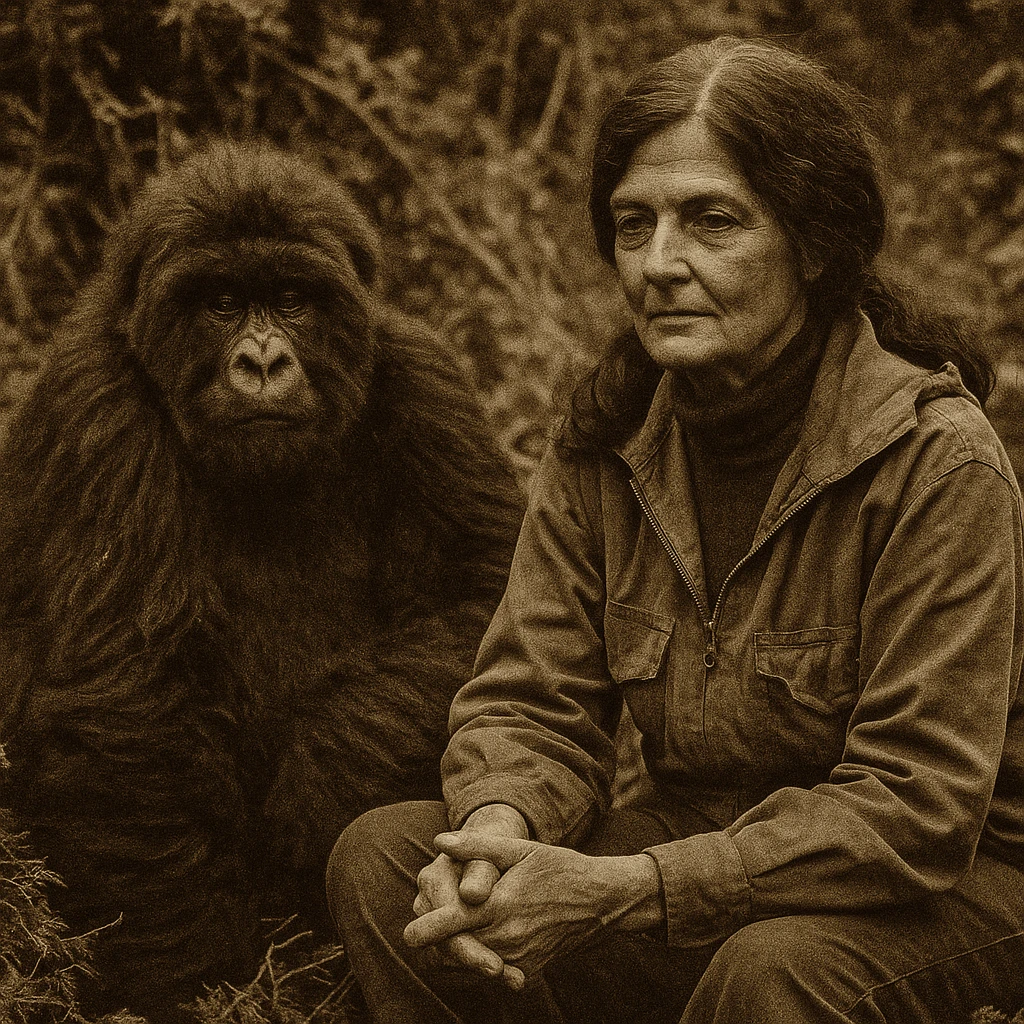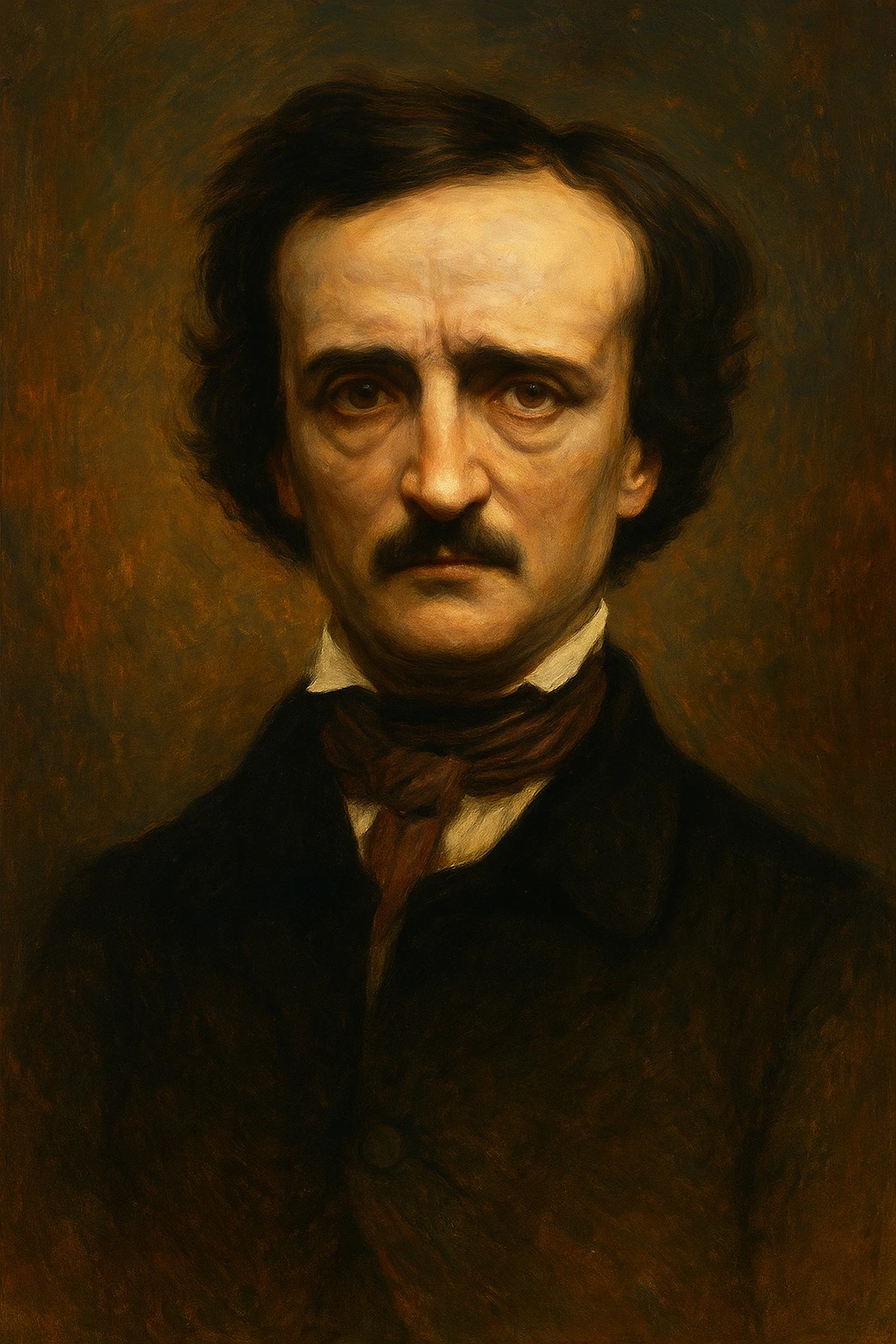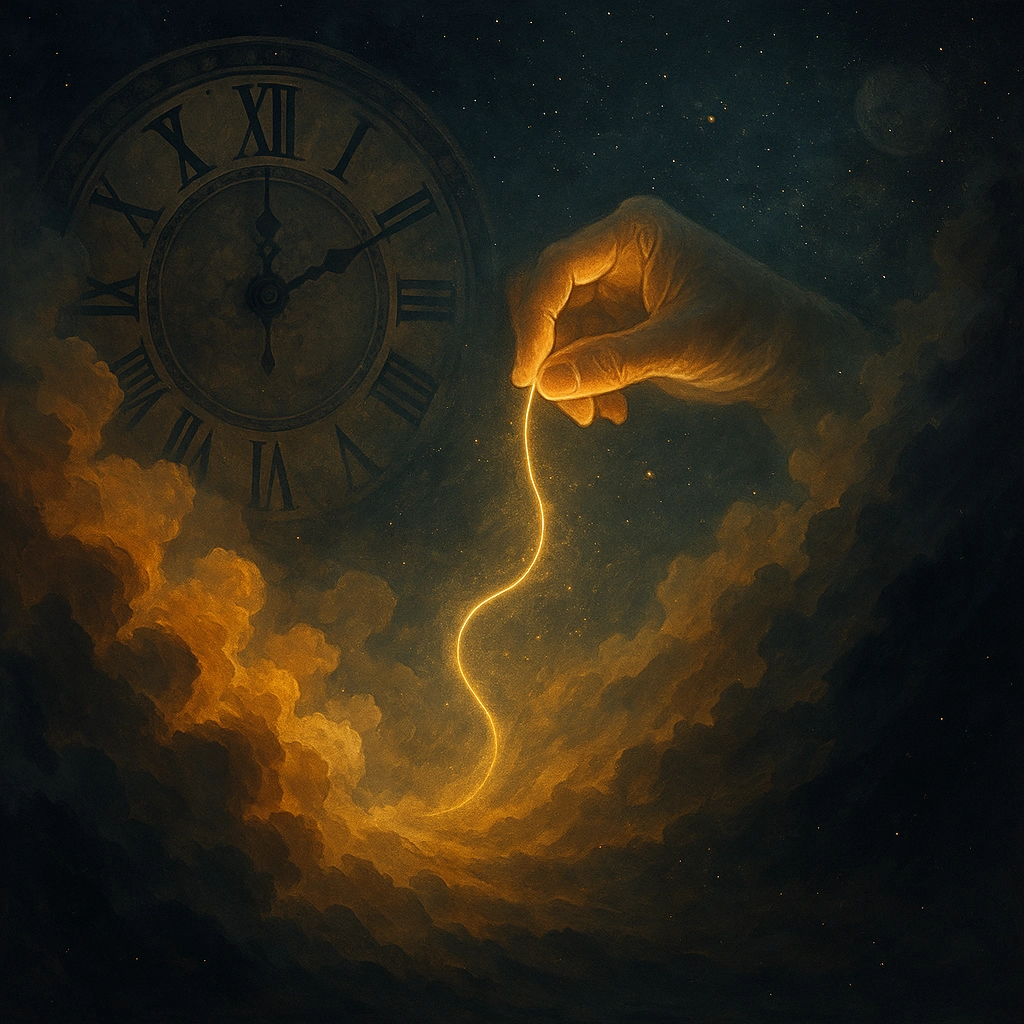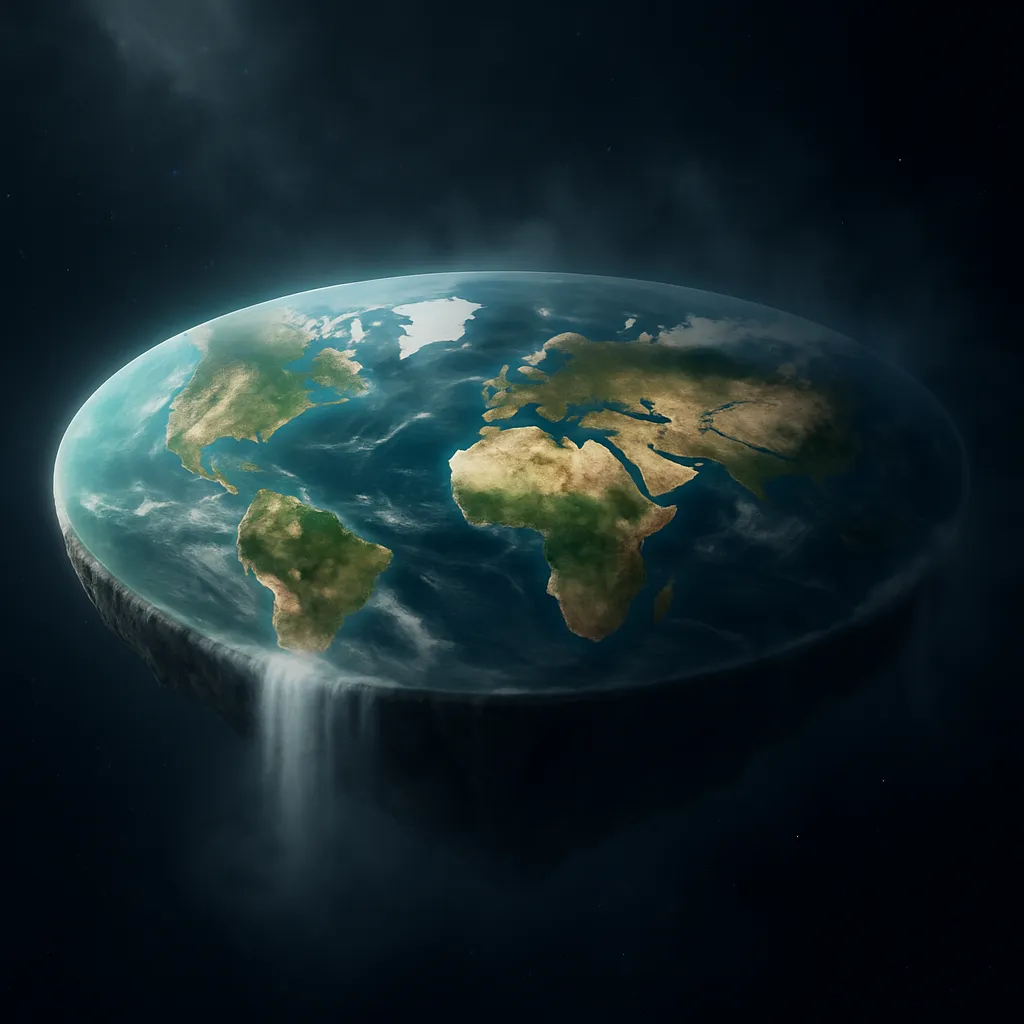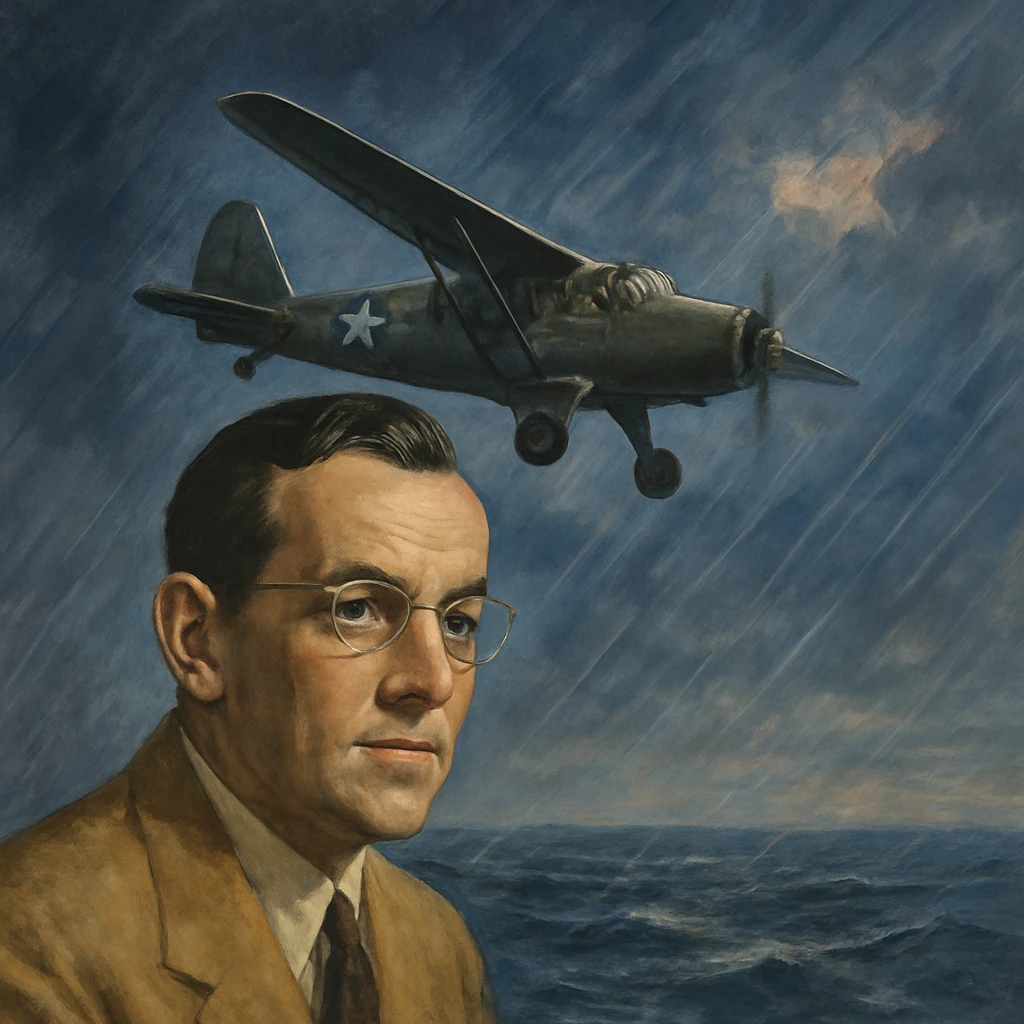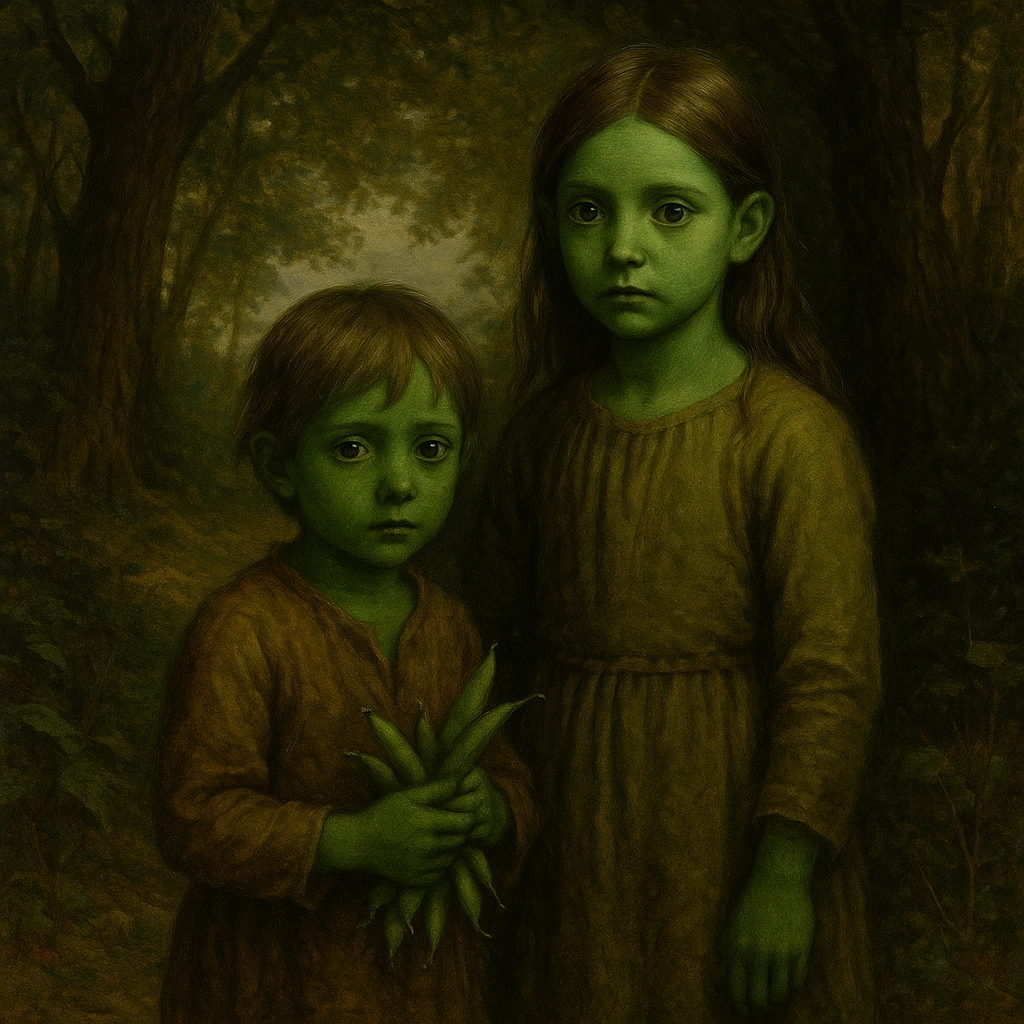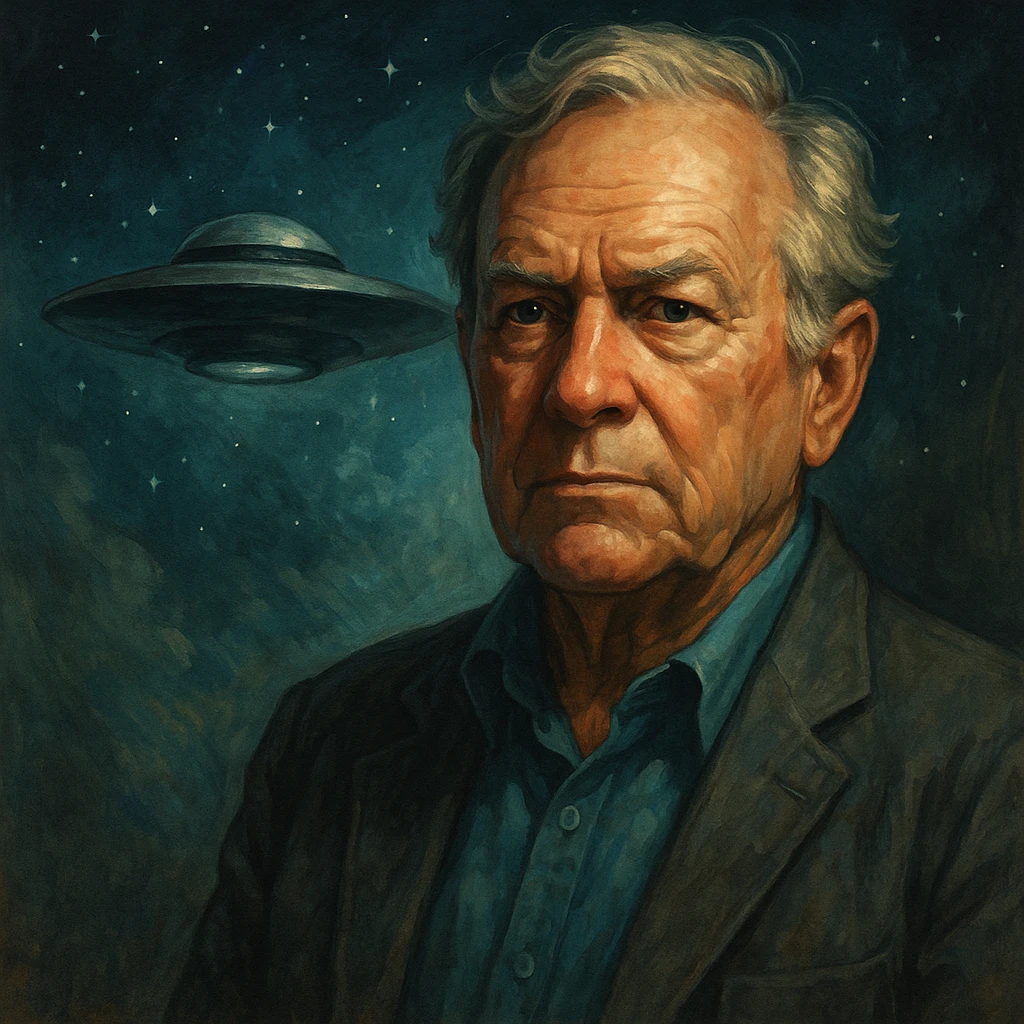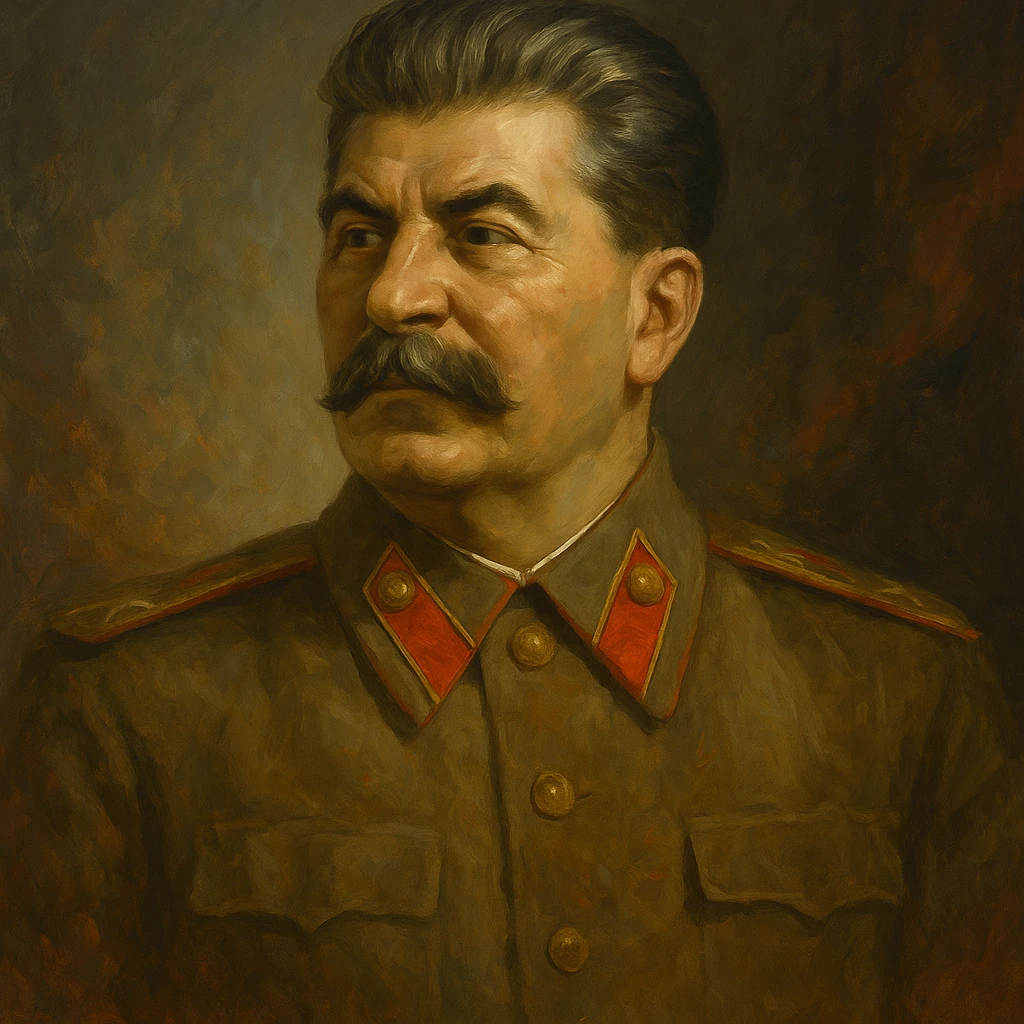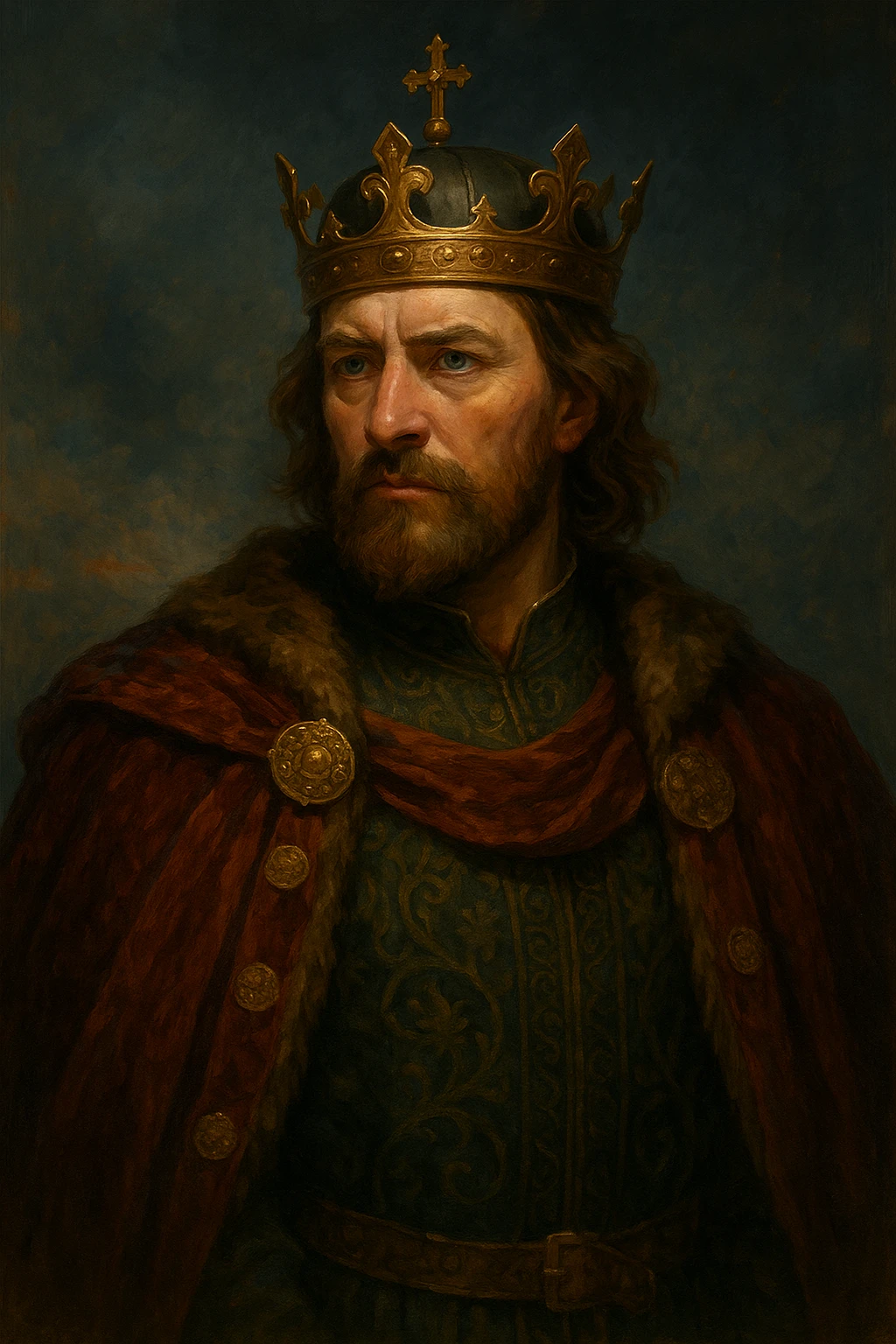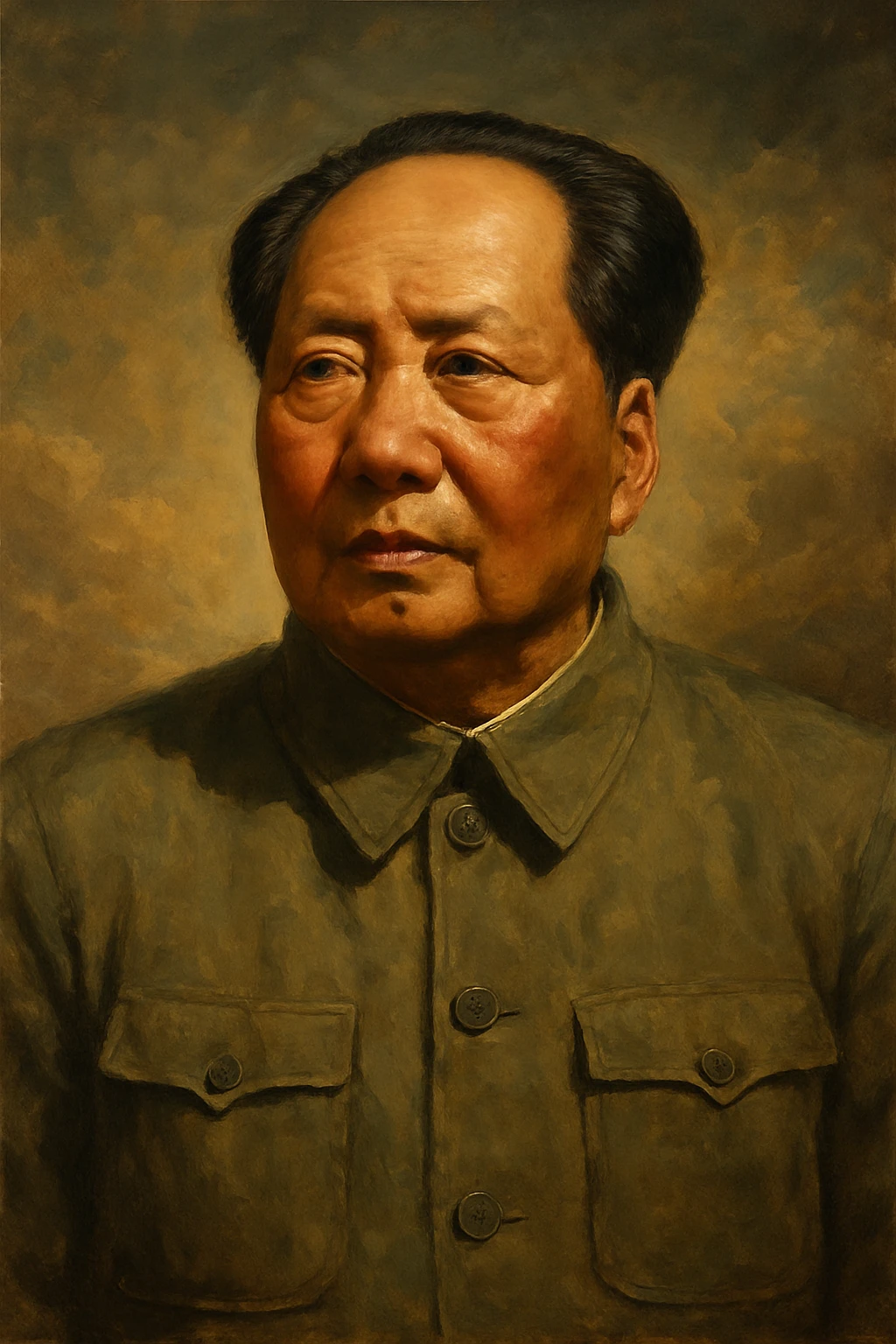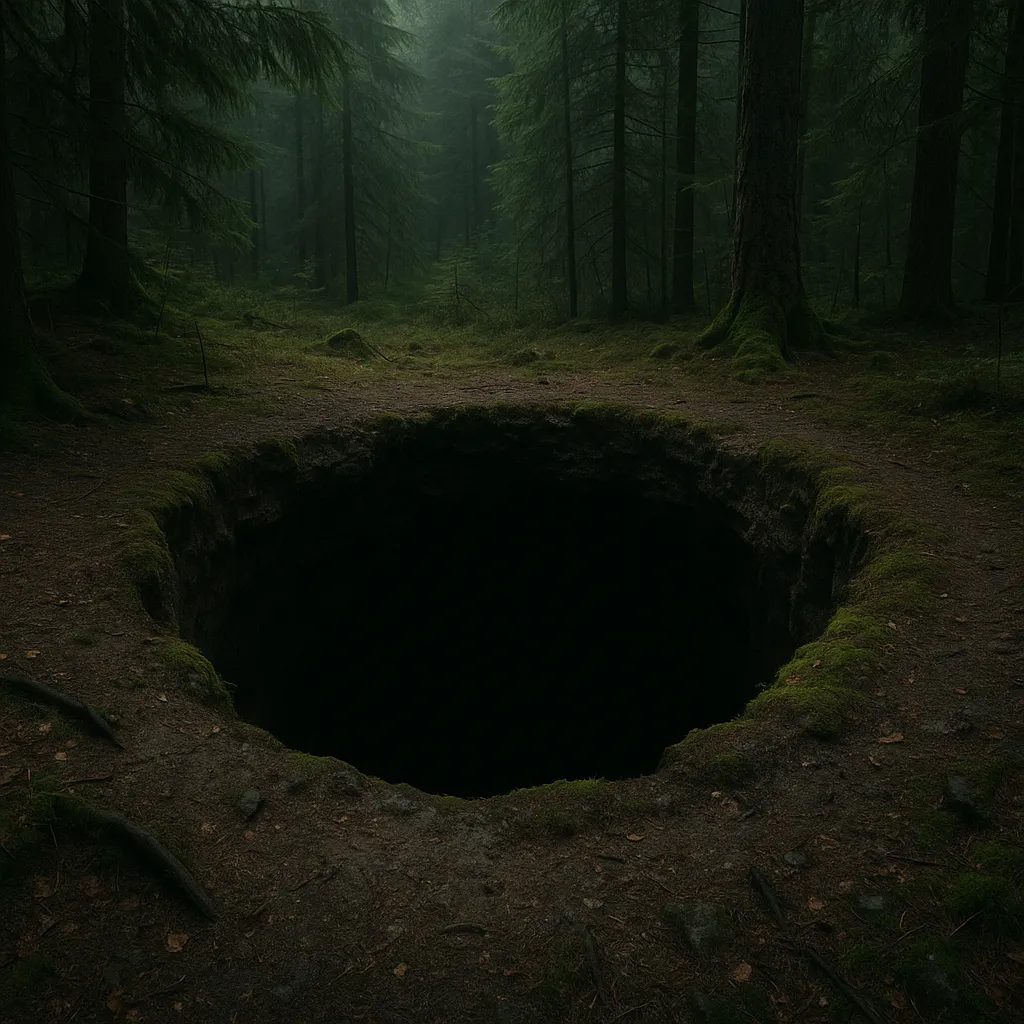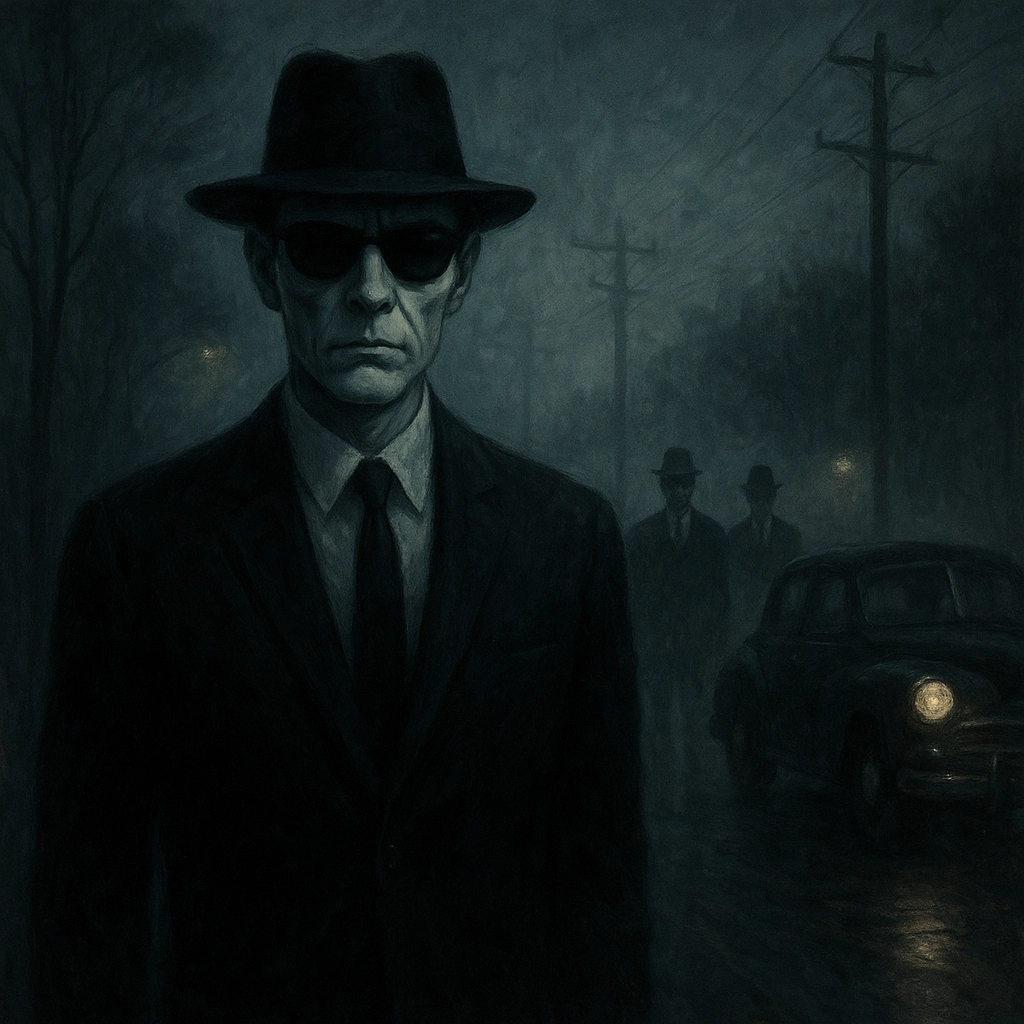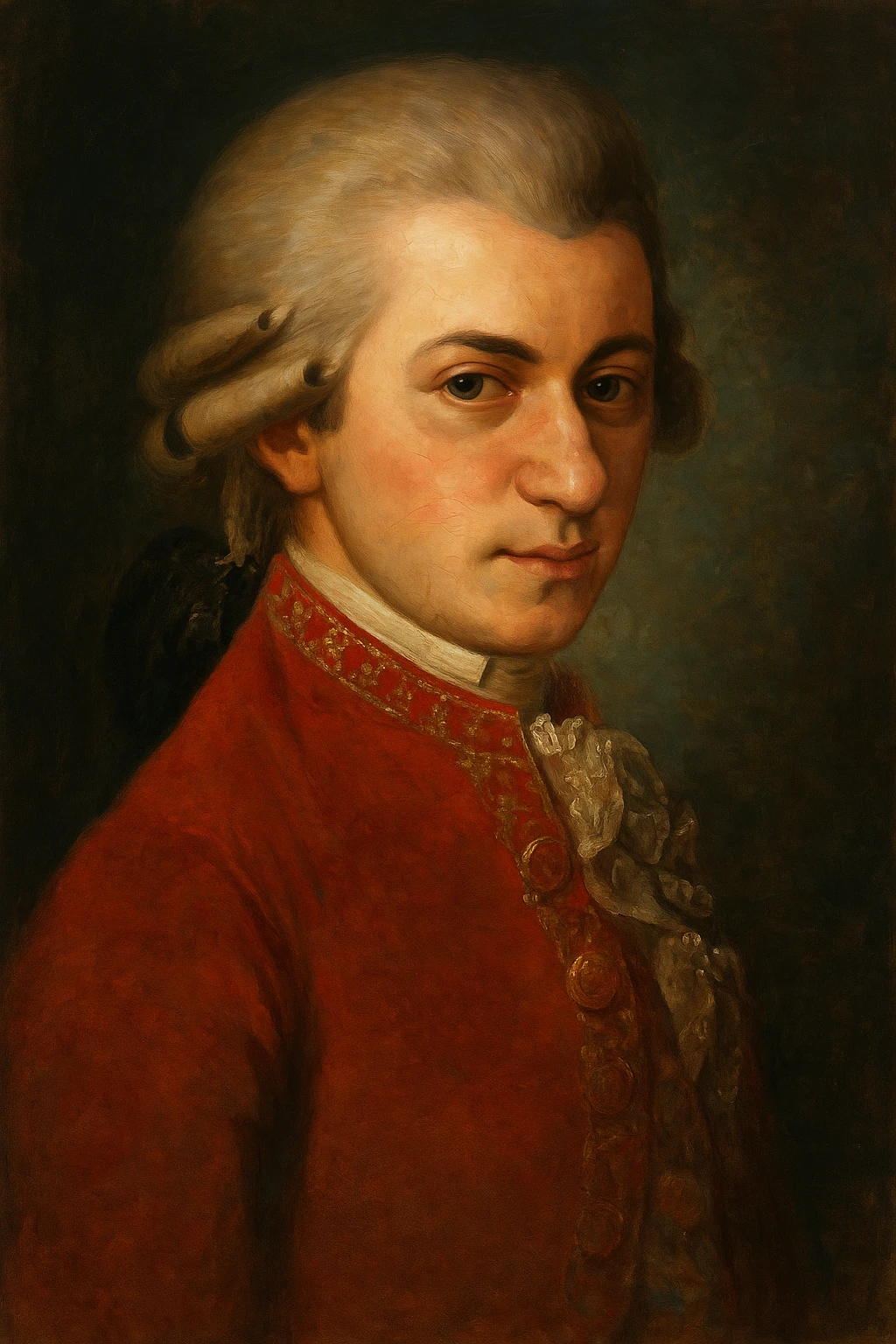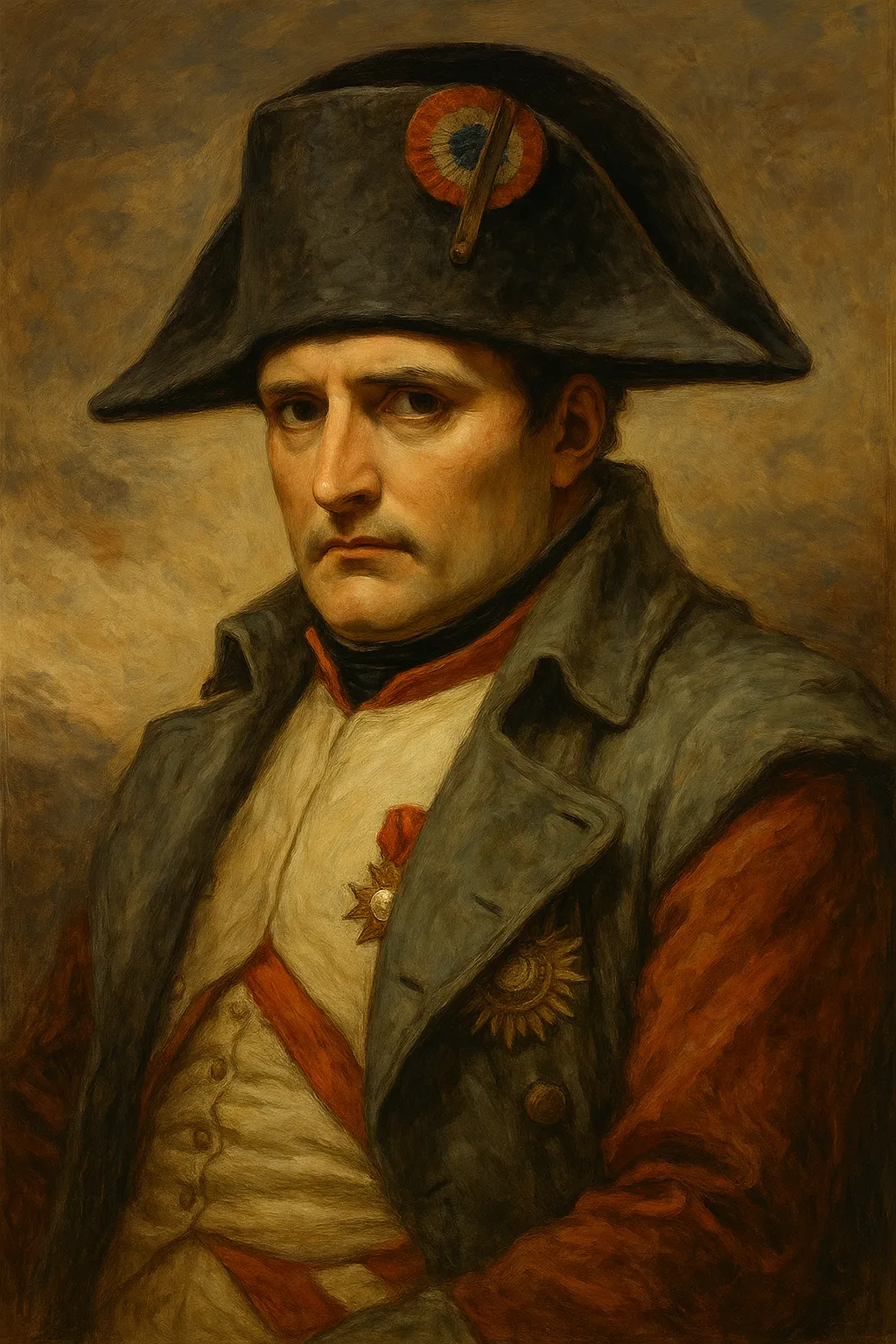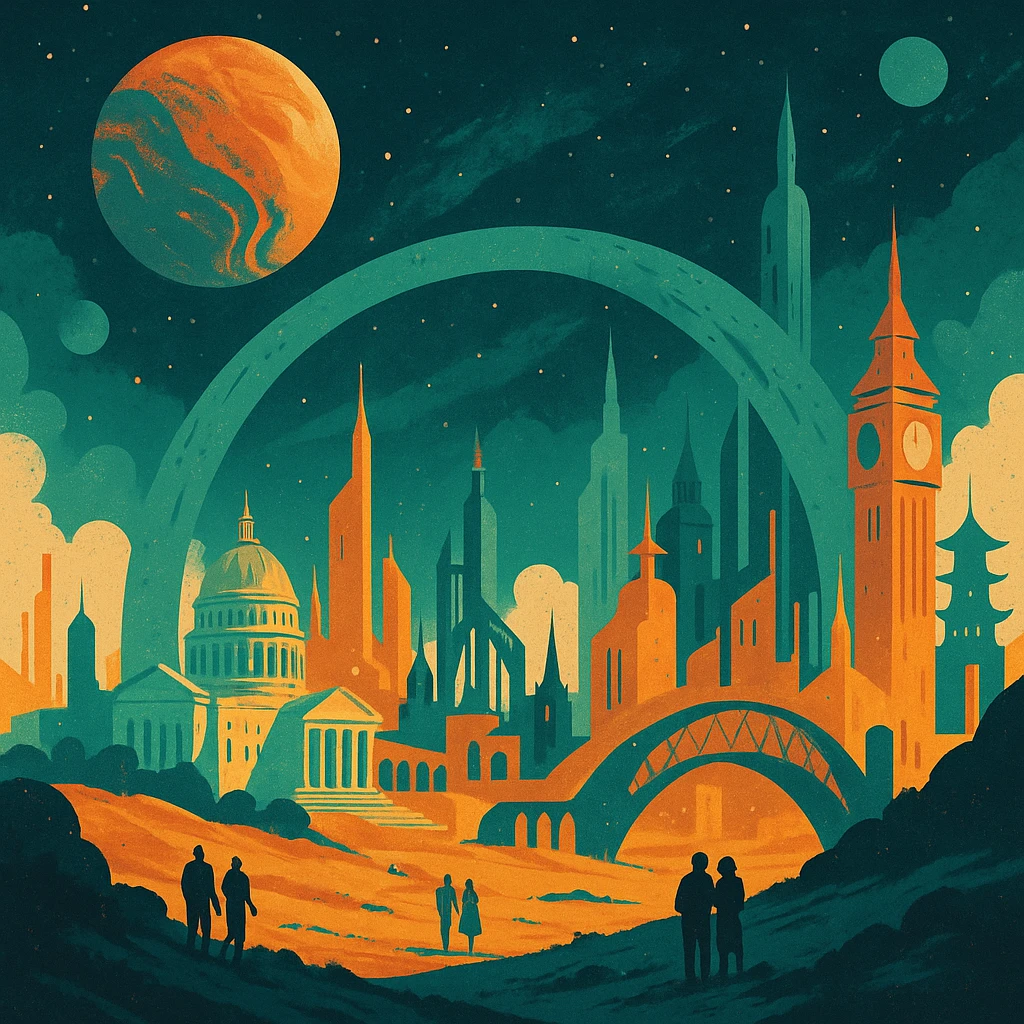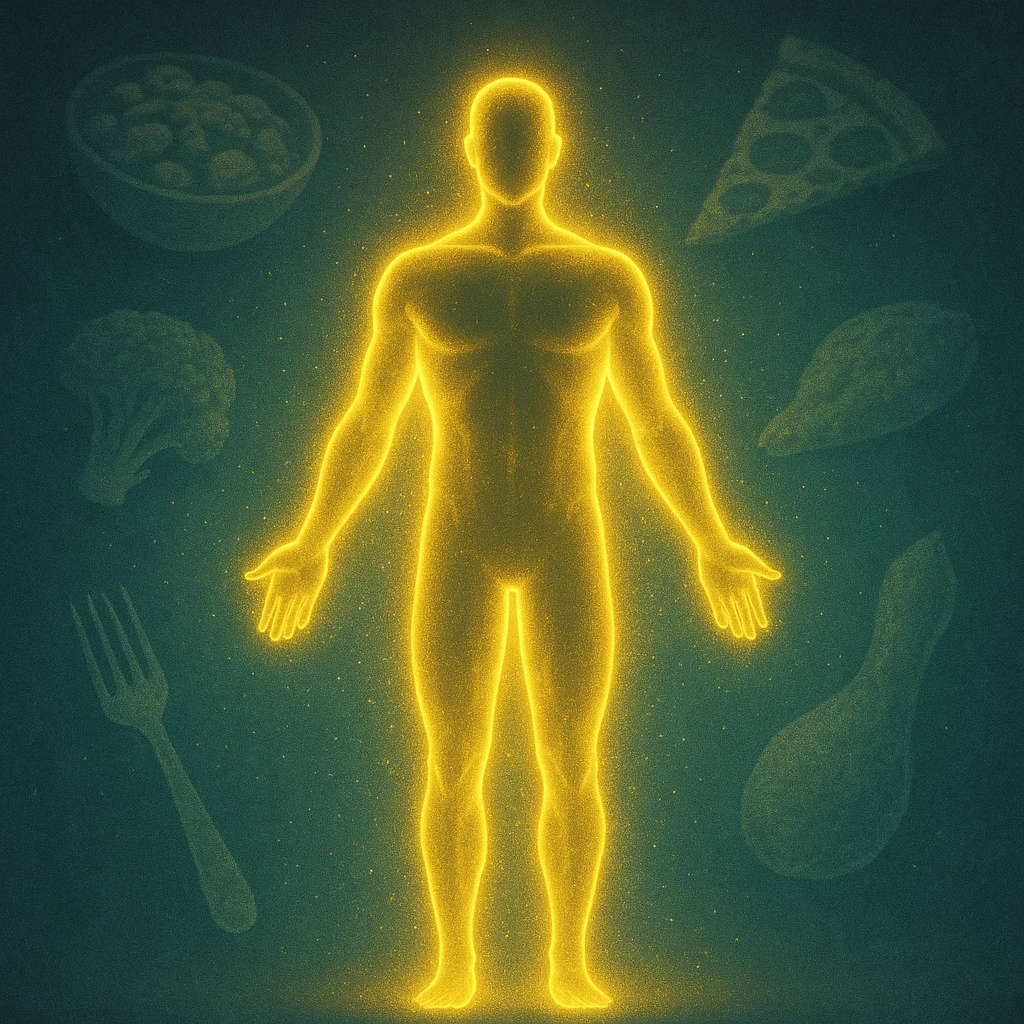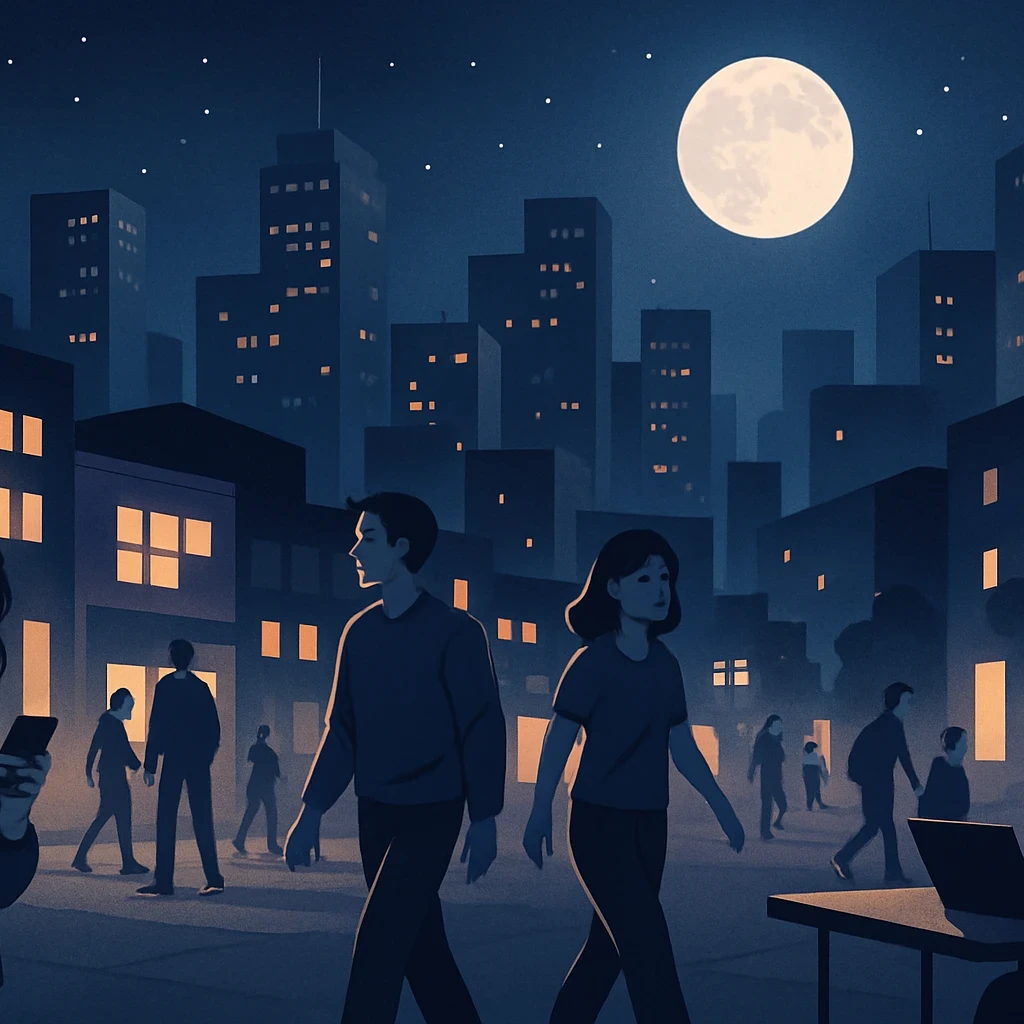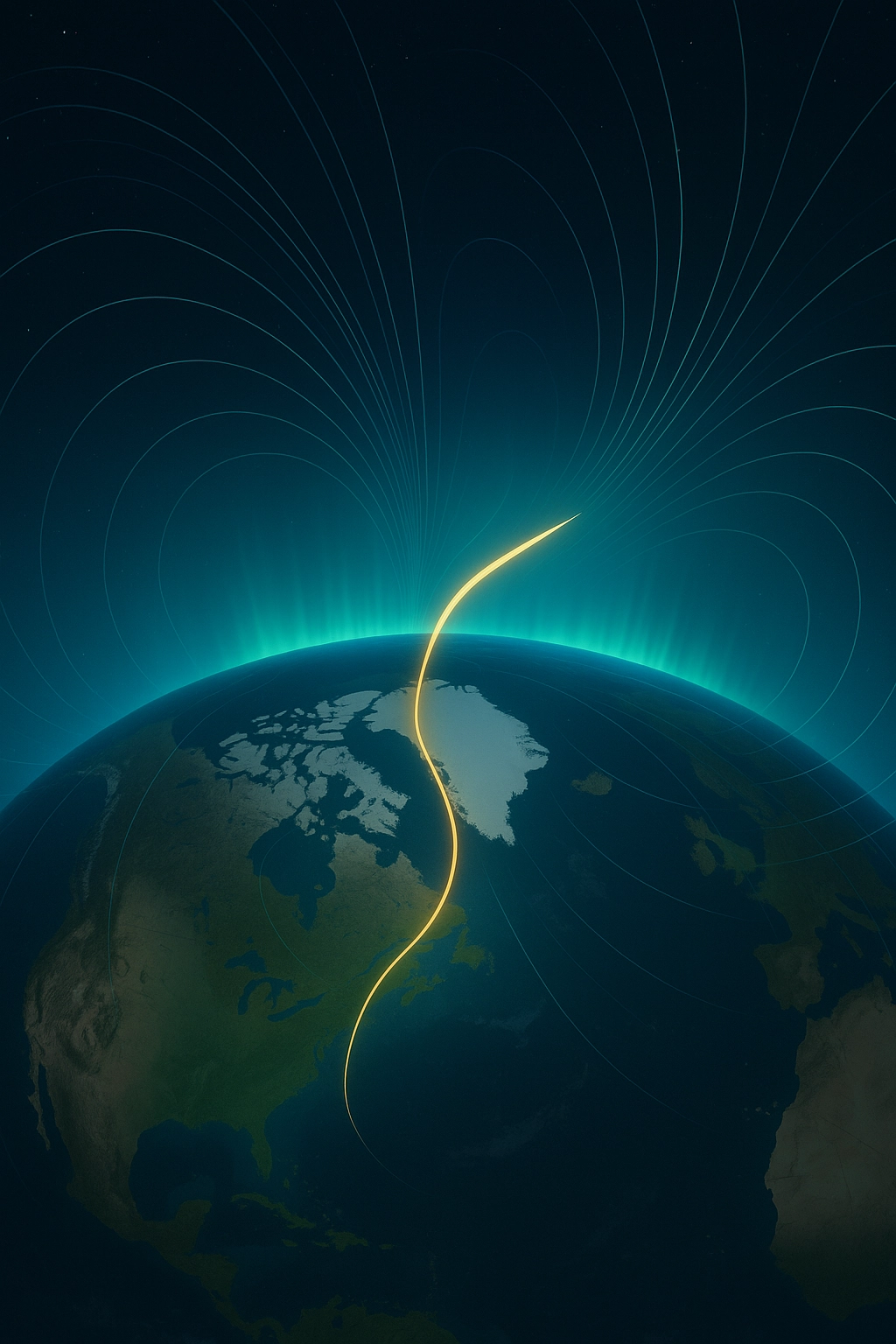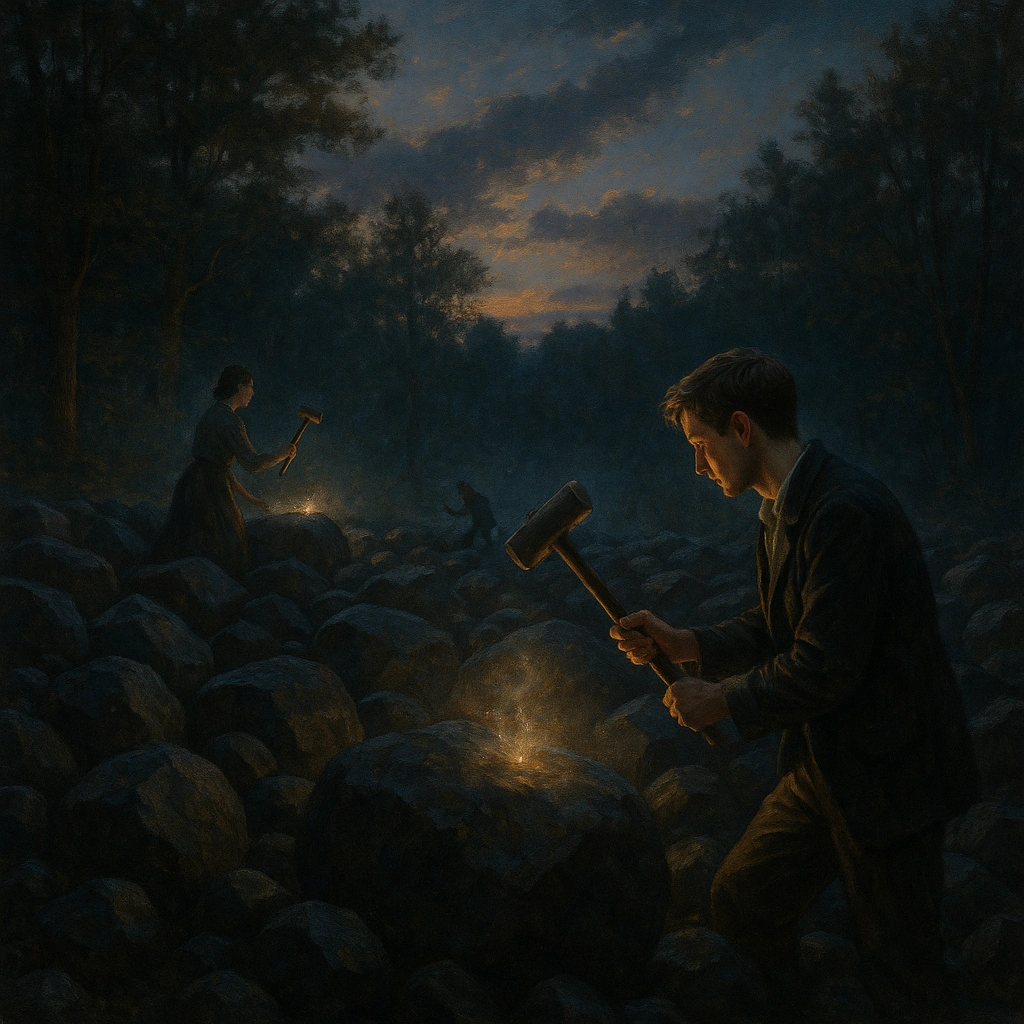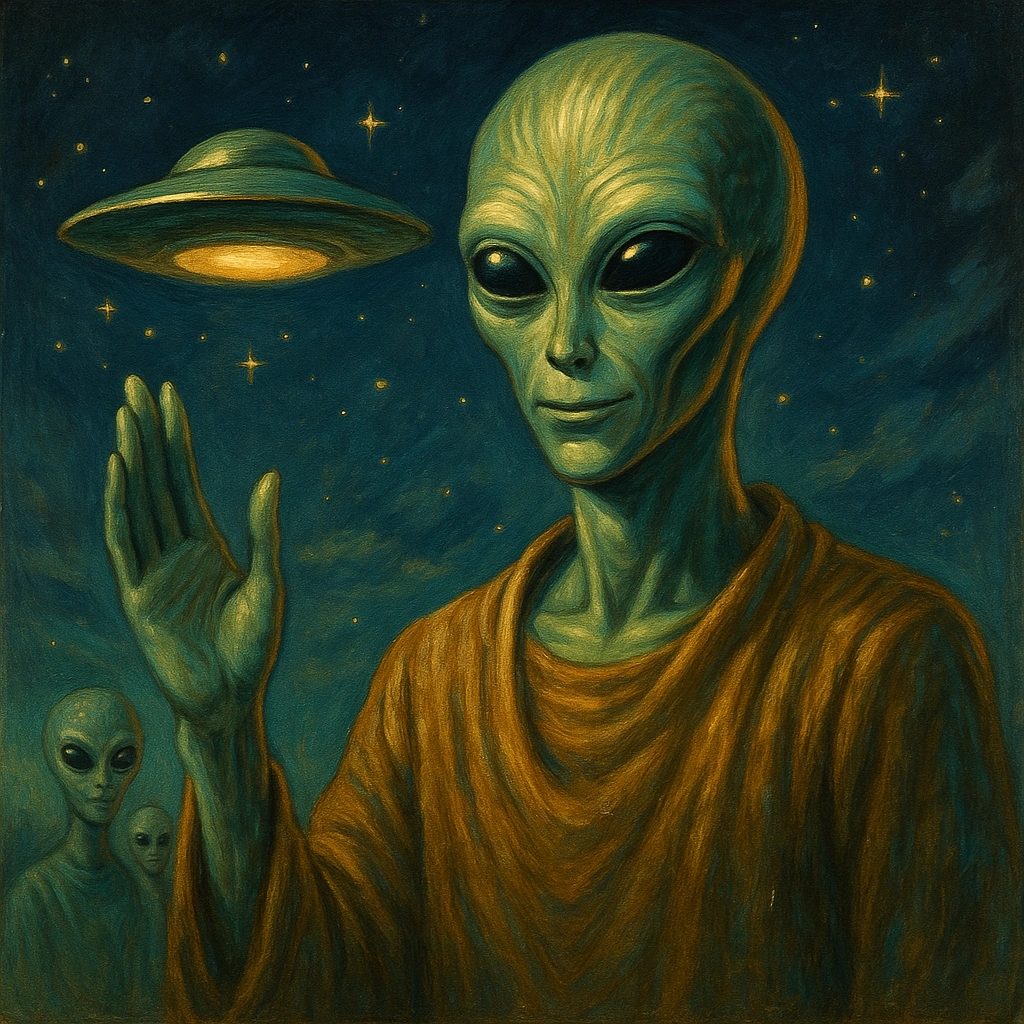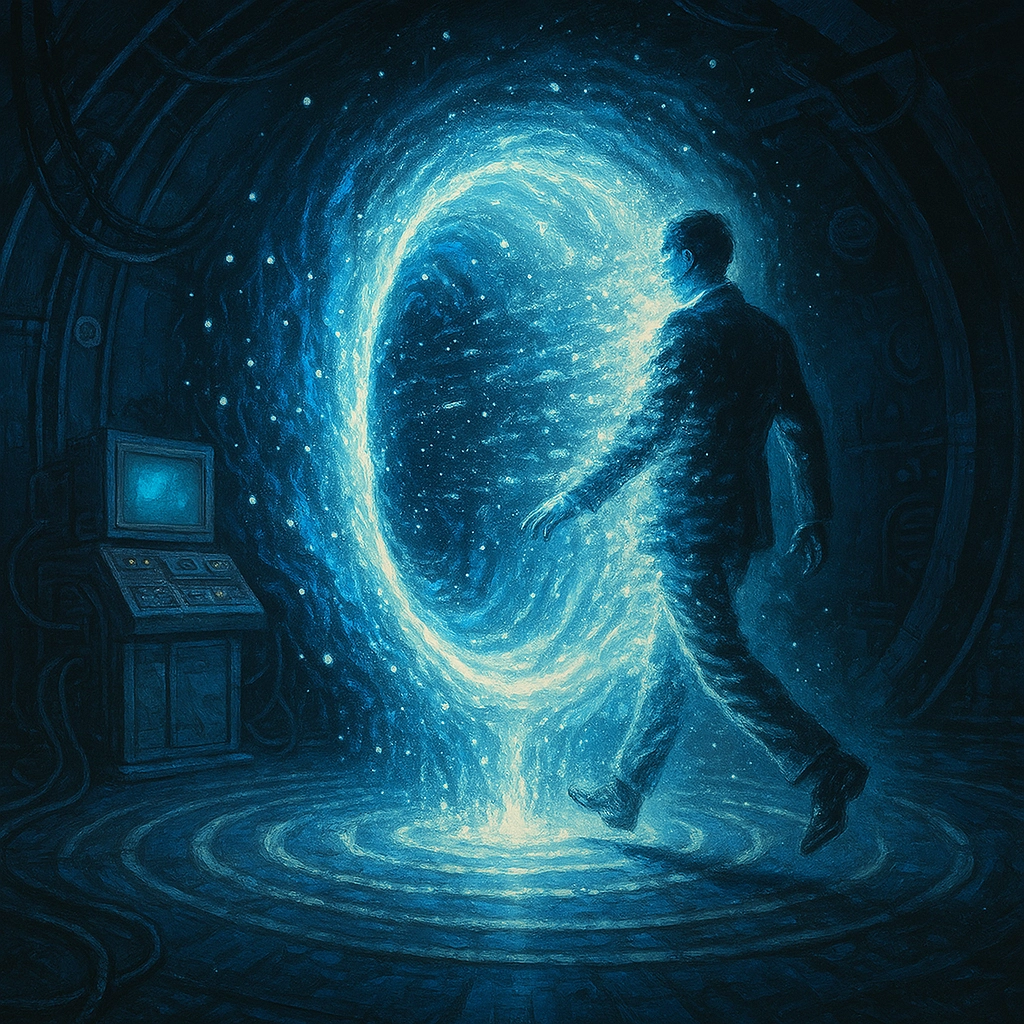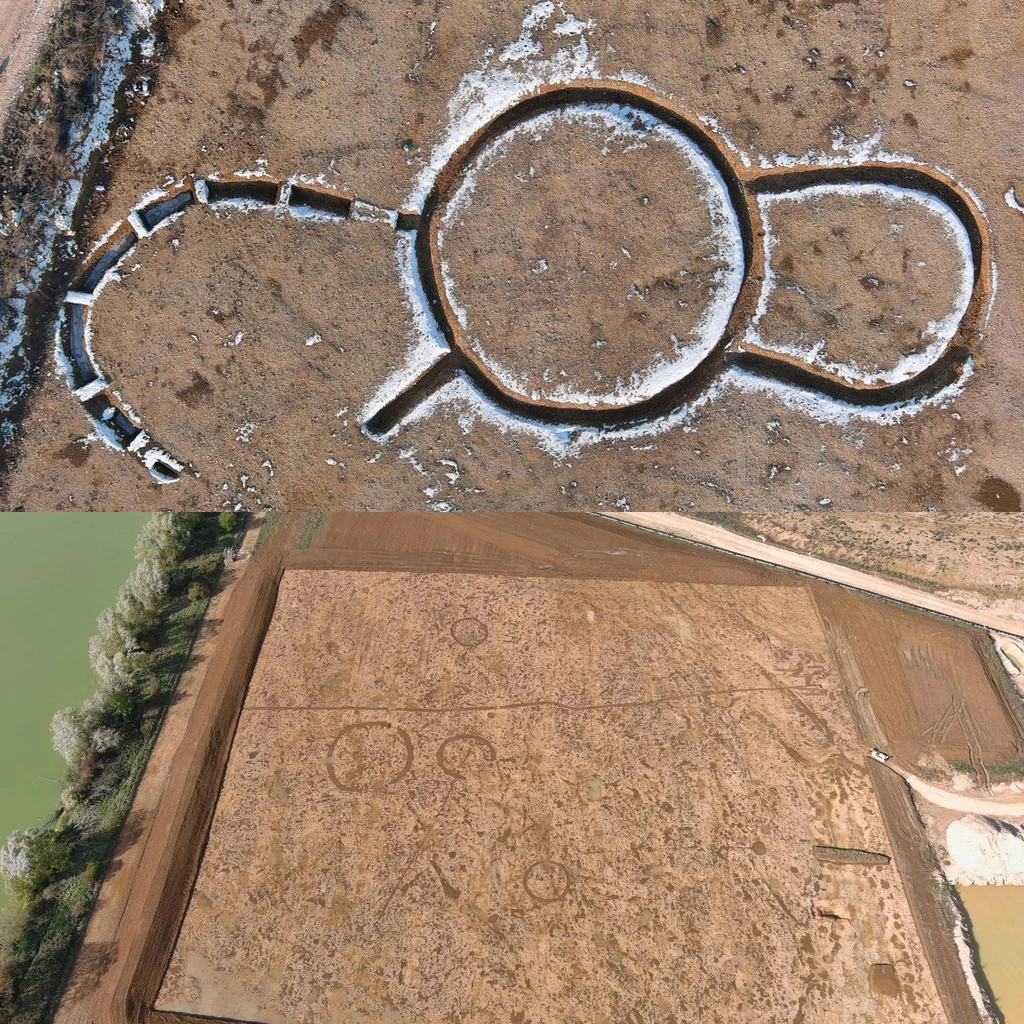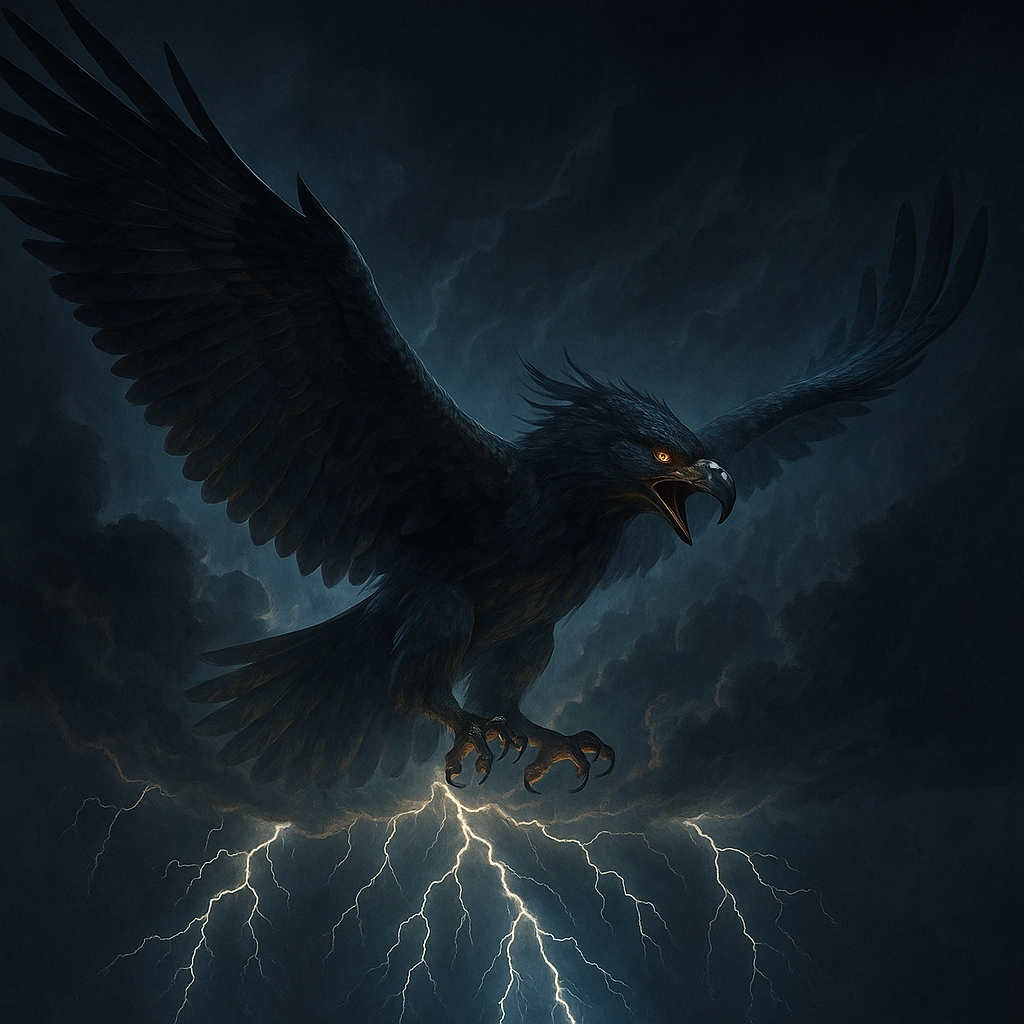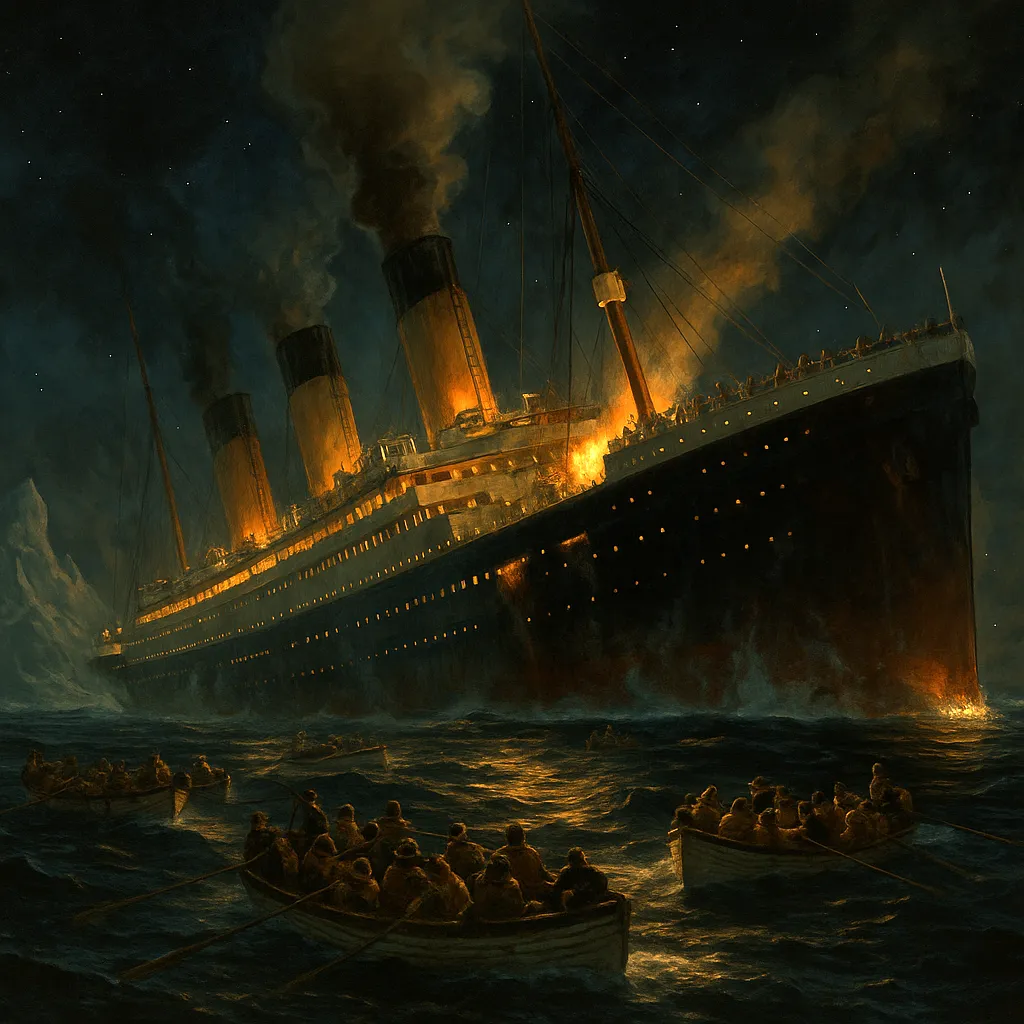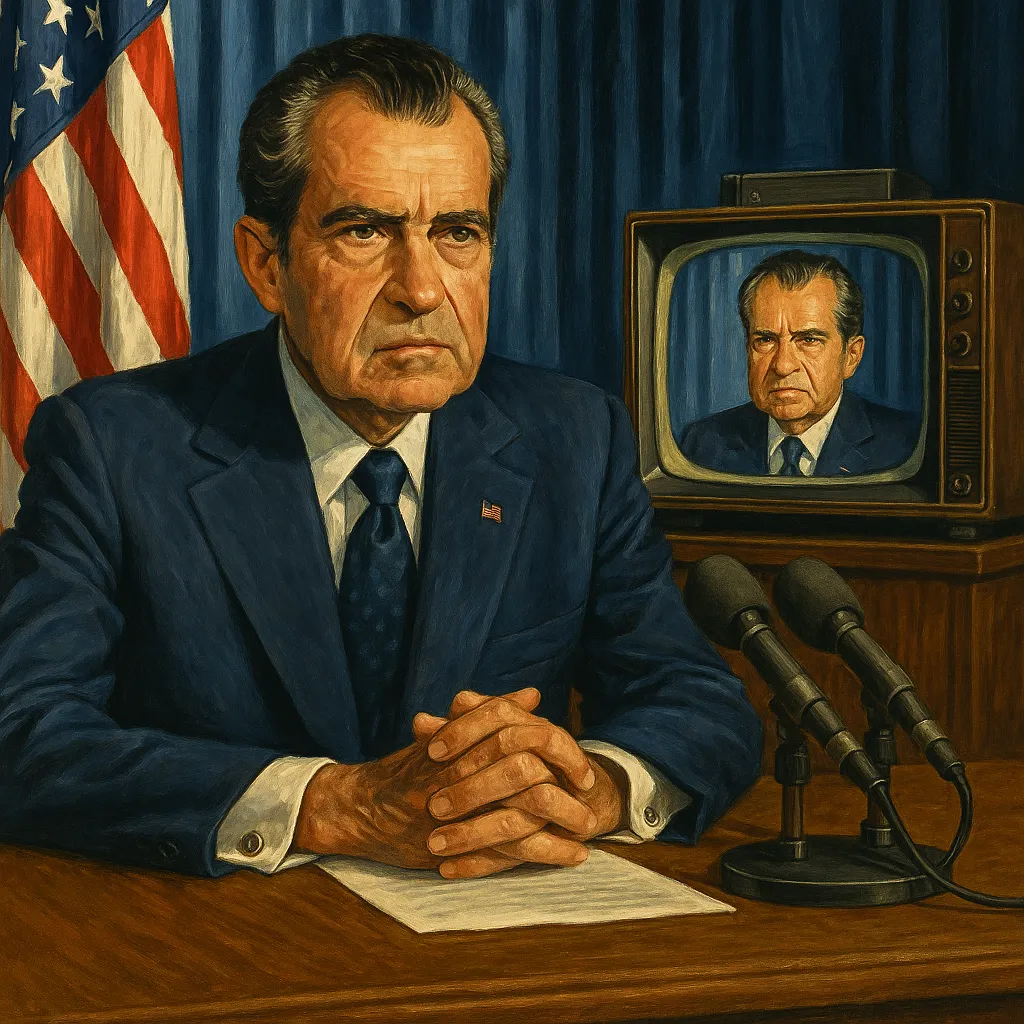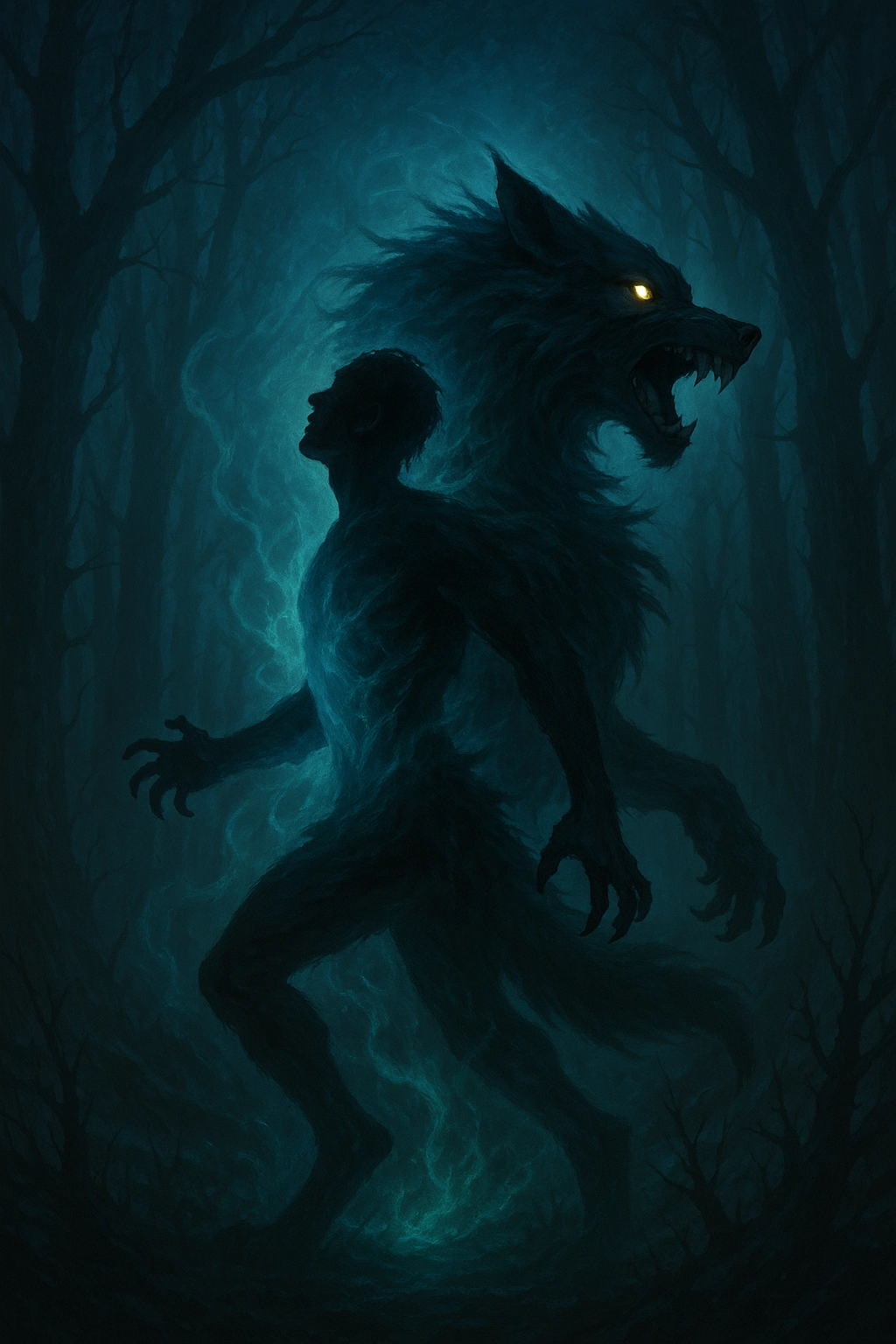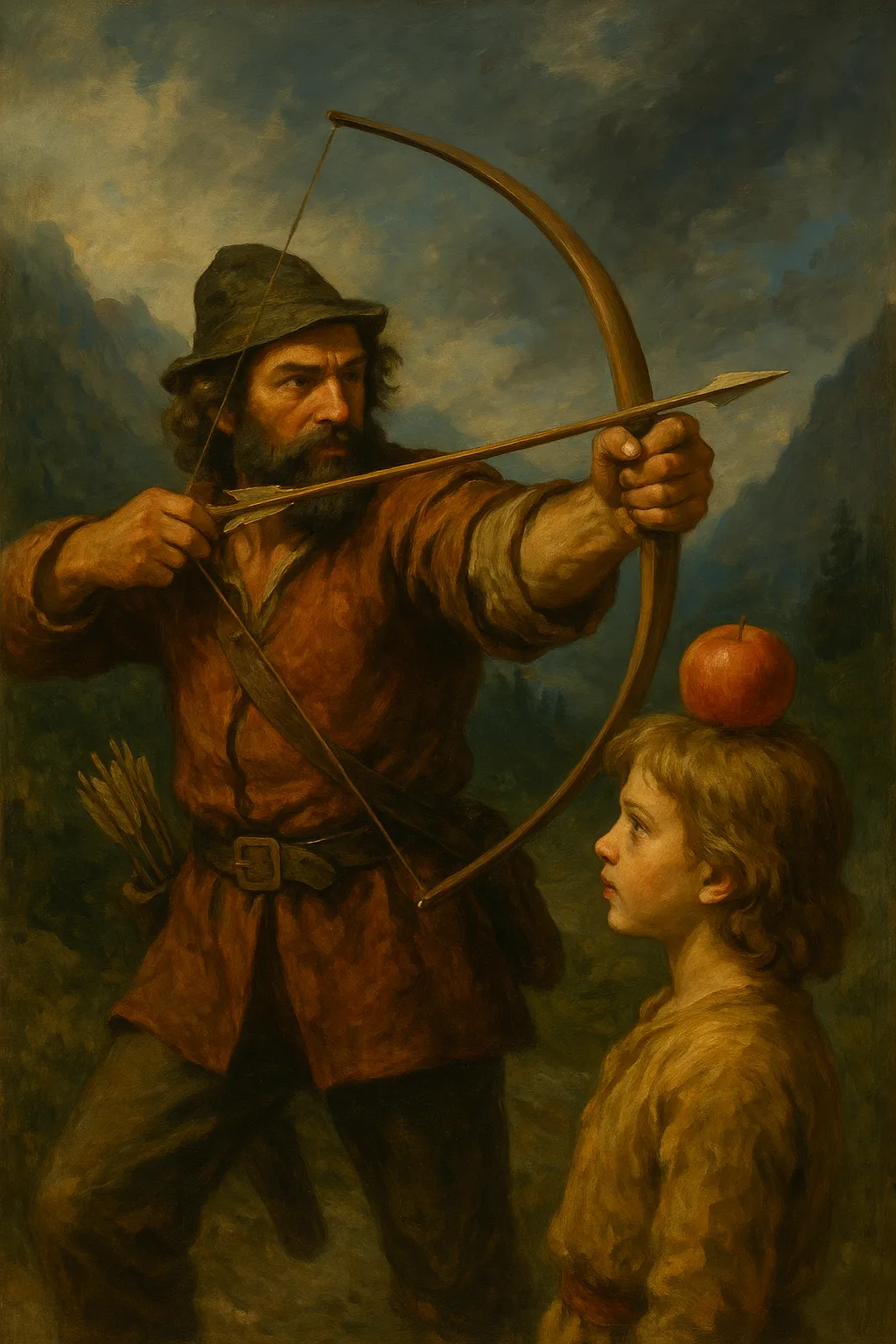What If Language Disappeared?
Quick Answer: Without language, civilization as we know it would collapse. Ideas, emotions, and knowledge would struggle to pass from person to person, forcing us to invent new ways to connect-or remain isolated.
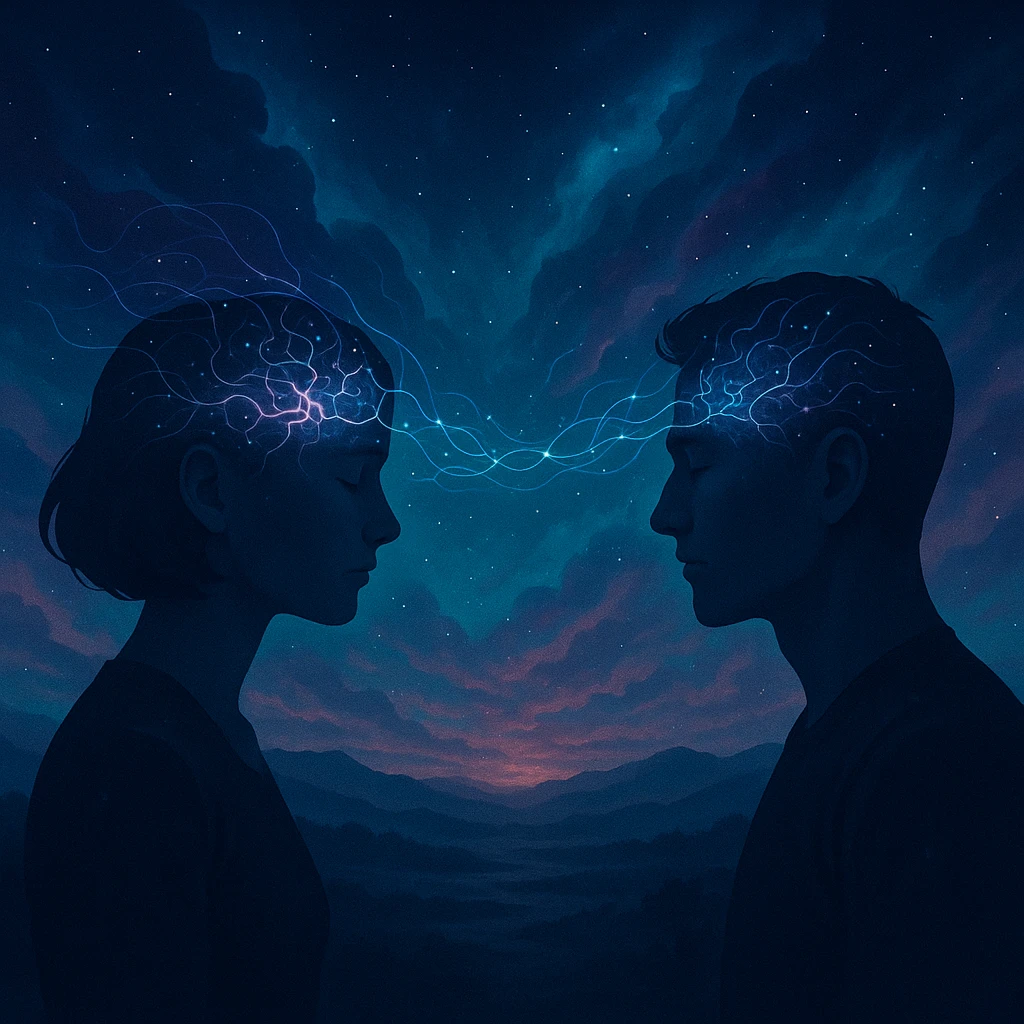
The Premise
Imagine a world where language-spoken, written, and even sign-is suddenly wiped out. No one can remember how to form words, write letters, or use symbols for communication. Whether triggered by a mysterious brain event, a planetary anomaly, or a mass amnesia, humanity wakes up to find every form of structured language erased.
What Caused the Change?
The loss could be the result of a global neurological shift, a technological event, or an unexplained phenomenon. Scientists scramble to understand: Did a virus rewire the brain's language centers? Was it a cosmic event, or a mass psychological reset? No one knows for sure.
Immediate Confusion
In the first moments, chaos erupts. Families try to speak to each other and nothing comes out but random sounds. Written text and street signs lose all meaning-people stare at books and screens, unable to decode even the simplest message. Panic spreads as people realize they can't explain, comfort, or warn one another.
The Limits of Instinct
With language gone, humans revert to nonverbal cues-gestures, facial expressions, touch, and emotional sounds. But these instincts are blunt tools compared to words. Misunderstandings are immediate and frequent. Complex ideas, plans, and even basic needs become hard to communicate.
The Science and Speculation
Language shapes how humans think, remember, and relate to the world. From a young age, the brain is tuned to pick up sounds and patterns. Scientists believe language is not just a tool for communication, but a basic part of how we process reality.
Language and the Brain
Brain scans show specific regions, like Brocas area and Wernickes area, light up when we speak, listen, or read. When these regions are damaged, people struggle to use or understand words. If language vanished, these brain regions might be left idle, or try to adapt in new ways.
Thinking Without Words
Some experts argue that language gives us the ability to form complex thoughts and plans. Without words, would we still be able to think about the past or future, or imagine things that do not exist? Problem solving and memory could become limited to what we see and do in the moment.
Social Bonds and Identity
Language ties groups together and builds trust. It helps us share stories, explain rules, and connect with others. If all language disappeared, groups might split apart or struggle to work together. Personal identity could also fade, since much of who we are is shaped by the words we use to describe ourselves.
Speculation: Can We Adapt?
Over time, would people invent new ways to share ideas? Some scientists believe humans would find other methods, such as gestures, drawings, or music. Still, these tools might never match the power and detail of language.
Possible Consequences
- Collapse of order: Laws, news, contracts, and instructions would become meaningless.
- Rise of visuals: People might rely on drawings, facial cues, and AI translation tools.
- Lost culture: Books, film, and history would be unreadable without language.
- New hierarchies: Those with better nonverbal skills could gain power and influence.
In Pop Culture
In stories like "Arrival" or episodes of "The Twilight Zone," language often vanishes or mutates, leading to fear or enlightenment. Such tales show how fragile and vital words truly are.
Expert Take
The Importance of Language
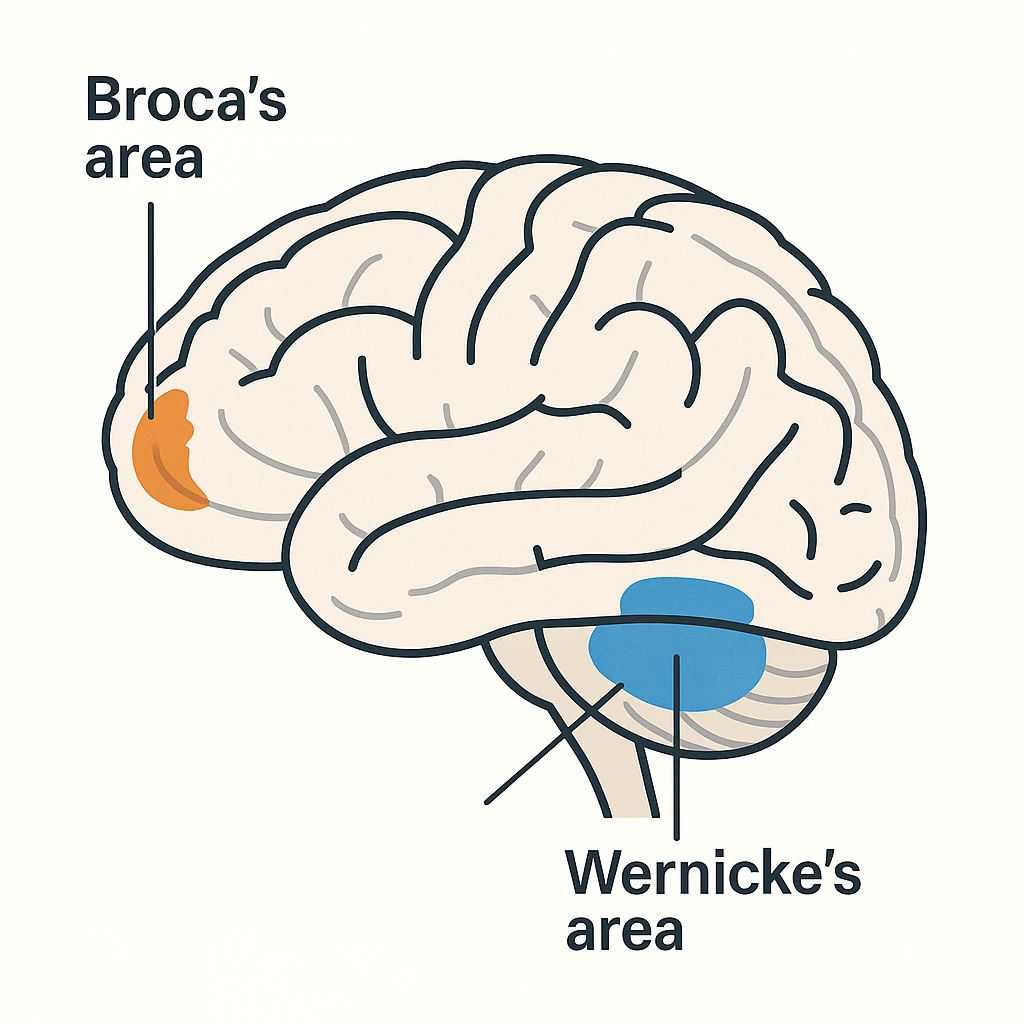
Many experts agree that language is not just a way to talk, but the main force holding human society together. Dr. Julia Tan, a well-known cognitive linguist, says that language lets us share ideas, pass on culture, and solve problems as a group.
What the Experts Predict
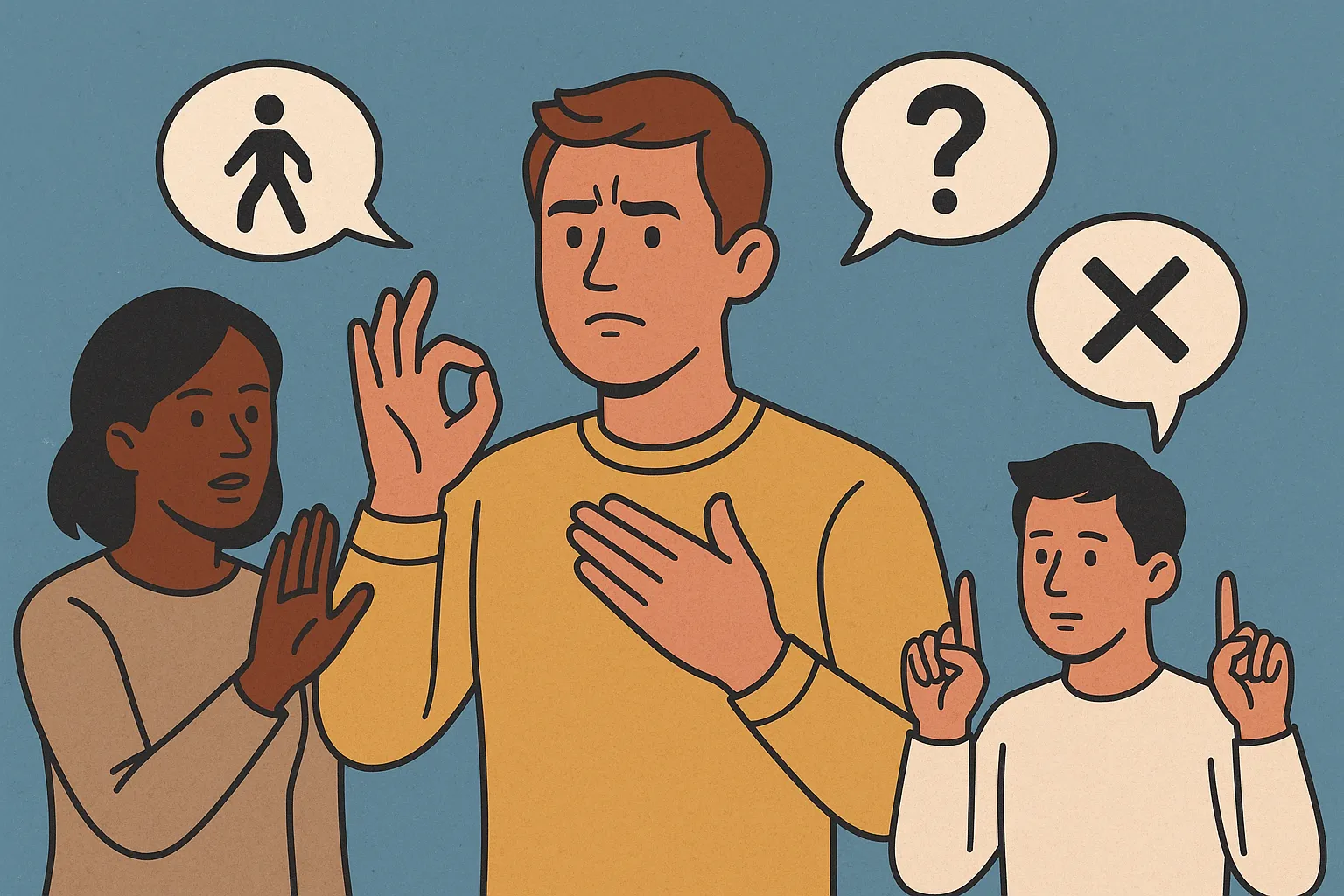
If language disappeared, some researchers believe people would quickly invent new signals or systems, such as detailed gestures or symbols, to fill the gap. Other experts warn that without words, much of our social structure and teamwork would fall apart.
Primitive Communication
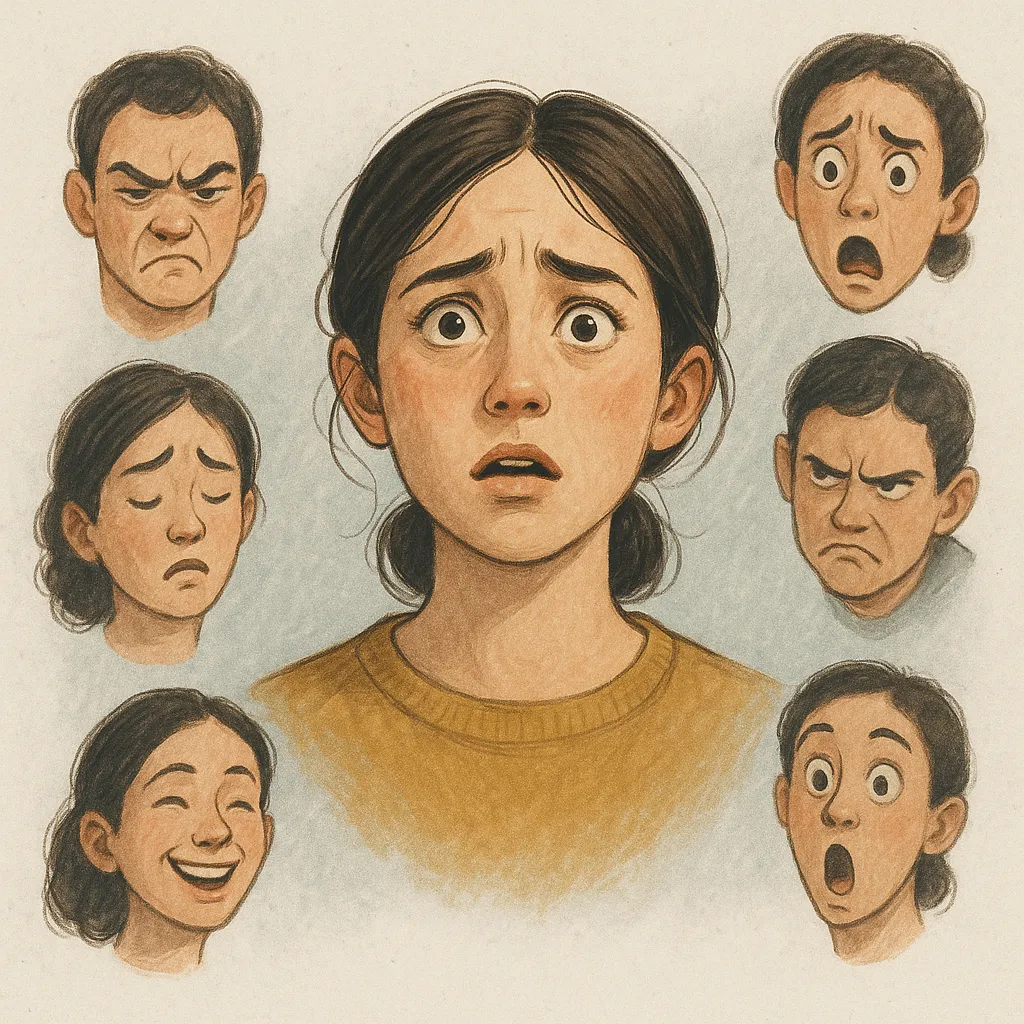
In a world without language, people might return to basic forms of communication, such as pointing, miming, or using facial expressions. These instinctive gestures would become vital tools for interaction, conveying urgency, intent, or emotion through movement alone.
Over generations, groups could develop their own sets of signs, hand motions, or physical marks to share meaning. These systems might grow more refined within communities but would likely remain local and rudimentary compared to the complexity of spoken or written language.
Communication would depend heavily on context, facial cues, and shared experiences. Misunderstandings would be common, and expressing abstract ideas-like time, ethics, or imagination-might prove nearly impossible without a shared symbolic system.
Final Thoughts
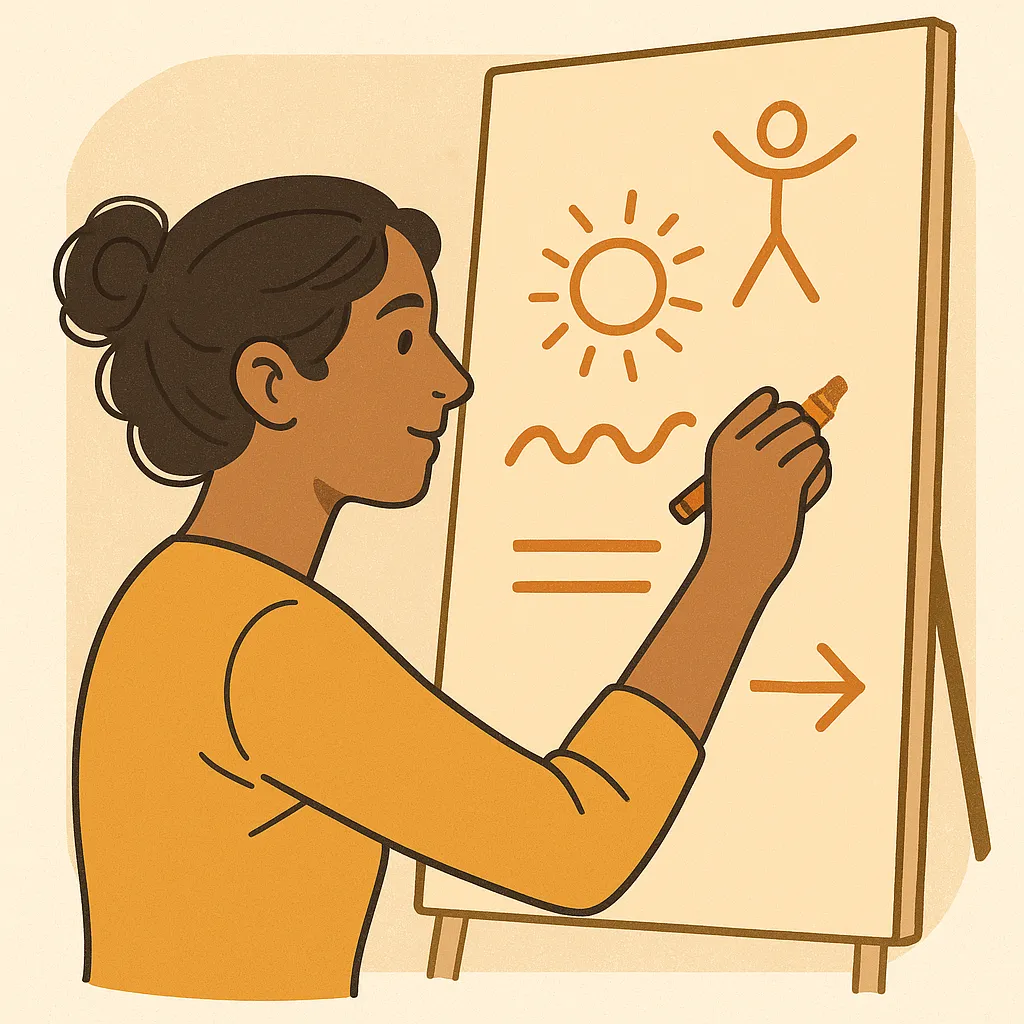
Dr. Tan sums it up this way: "Language is the glue of human society. Without it, we would either evolve new forms of communication or revert to a more primitive state." Most experts agree that the loss of language would change humanity forever.
Skygaze Twist
If language vanished, would art and music rise to take its place? Could humanity invent a new shared code based purely on sound, color, or movement?





